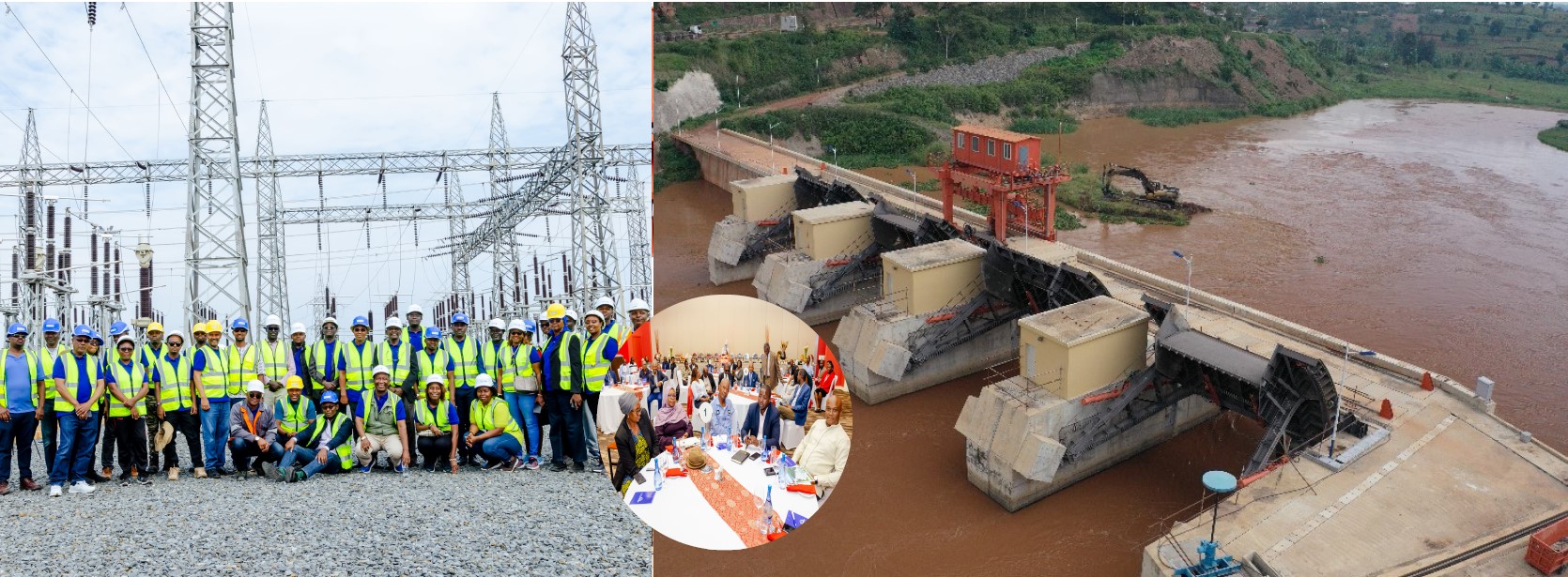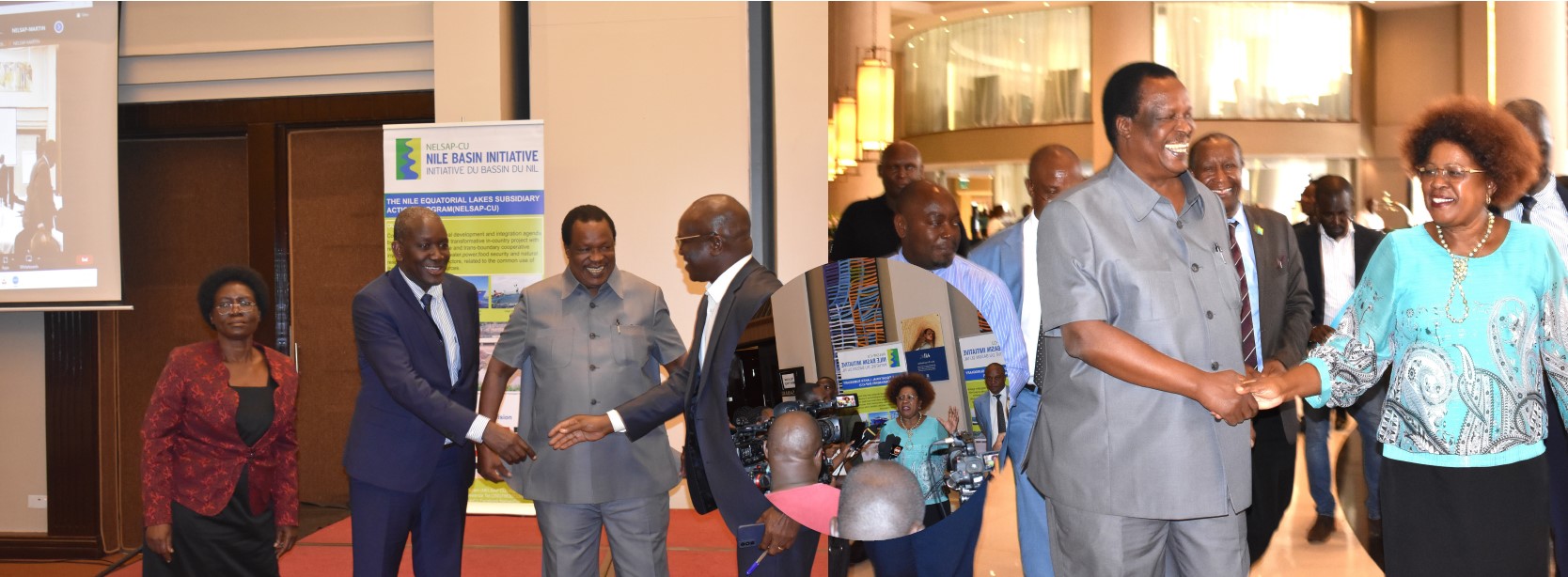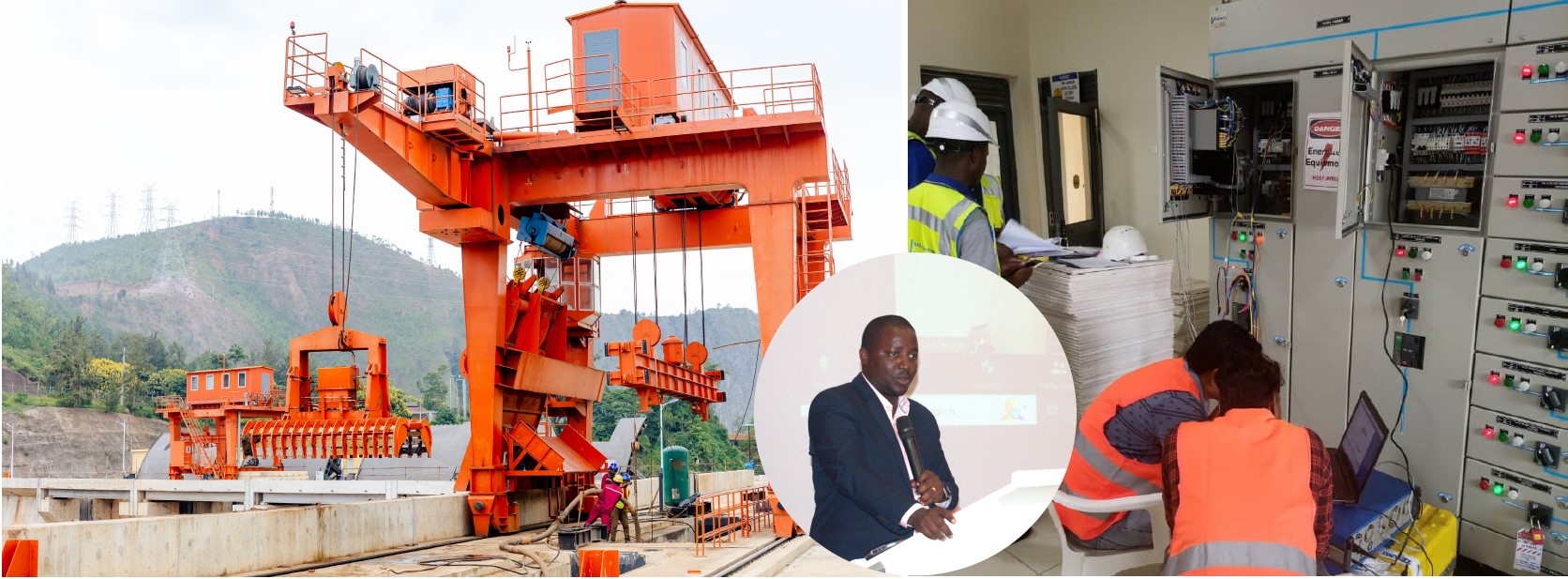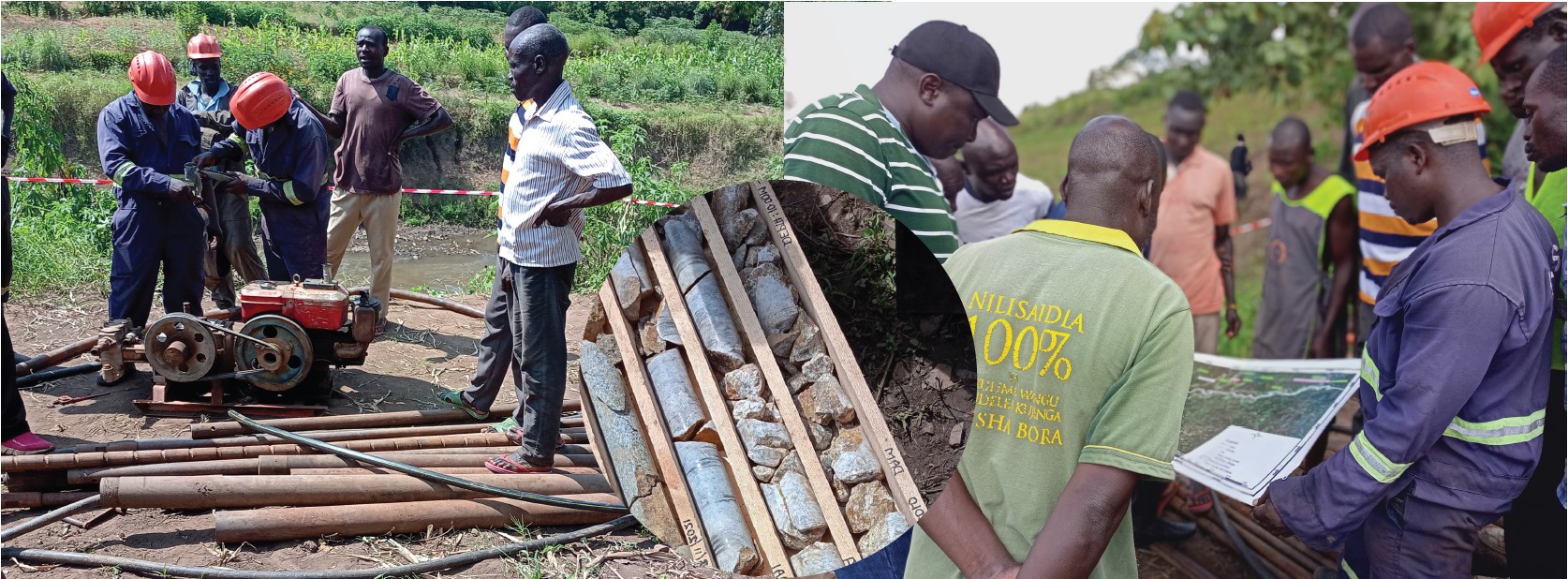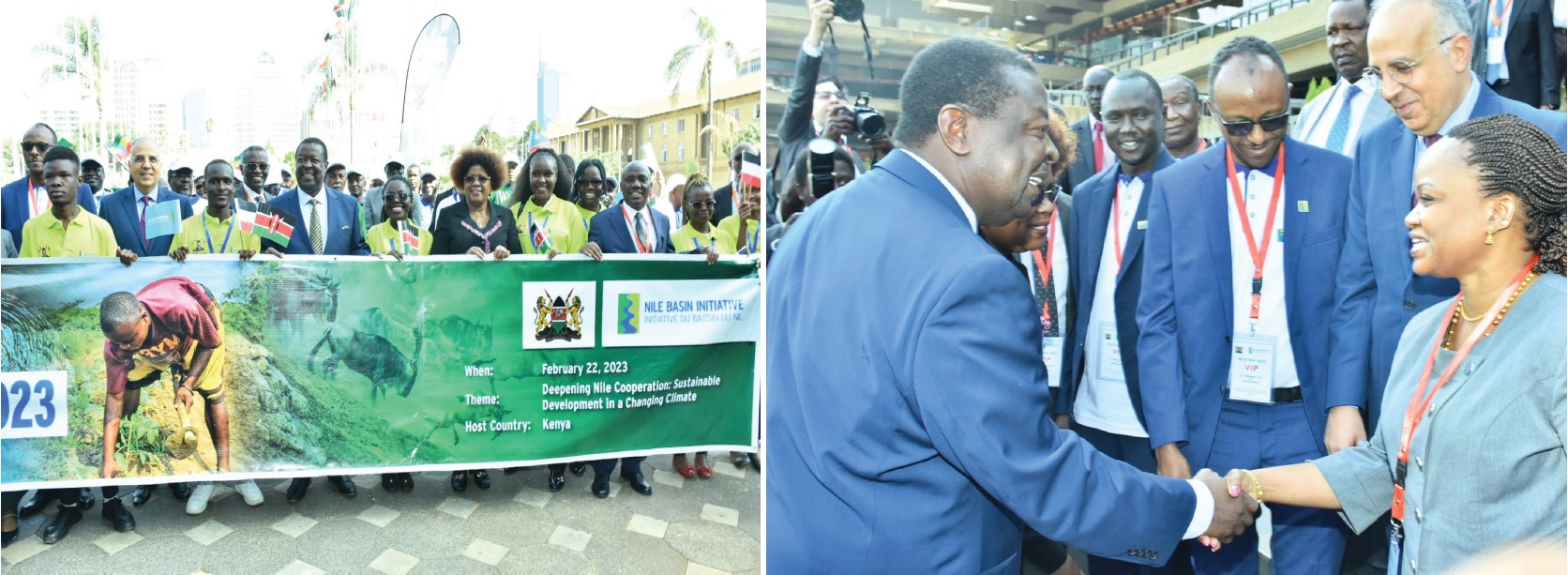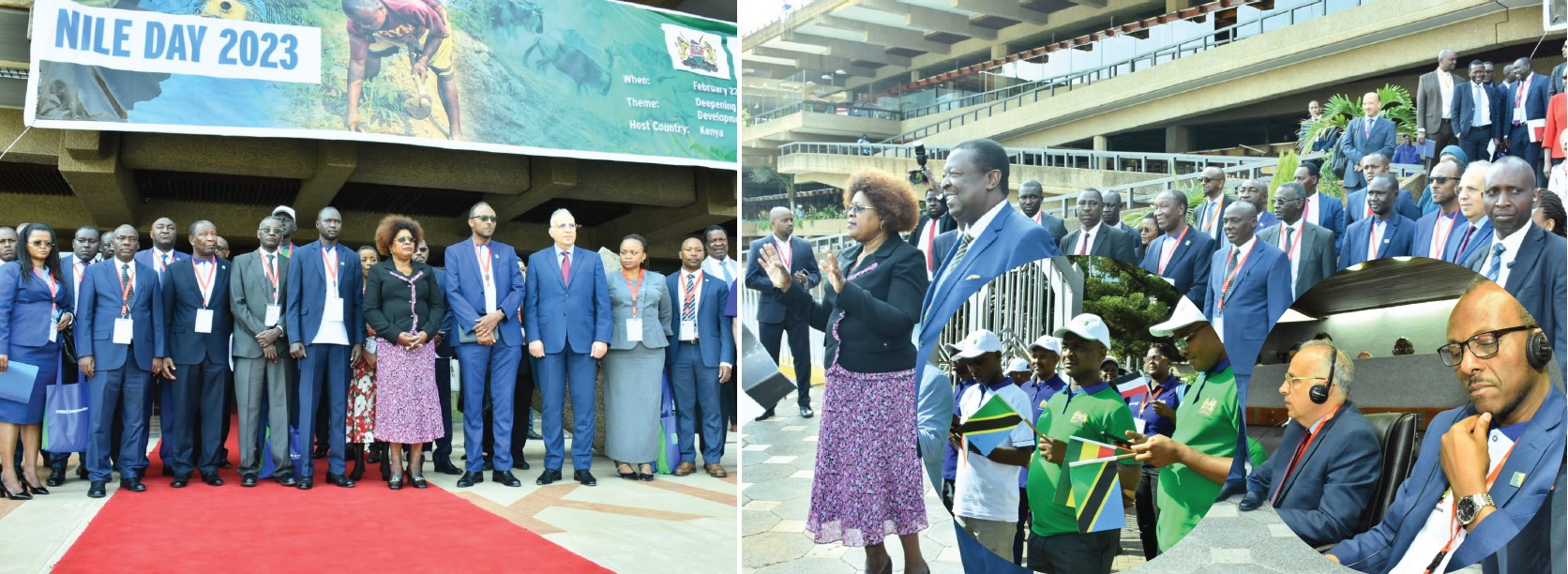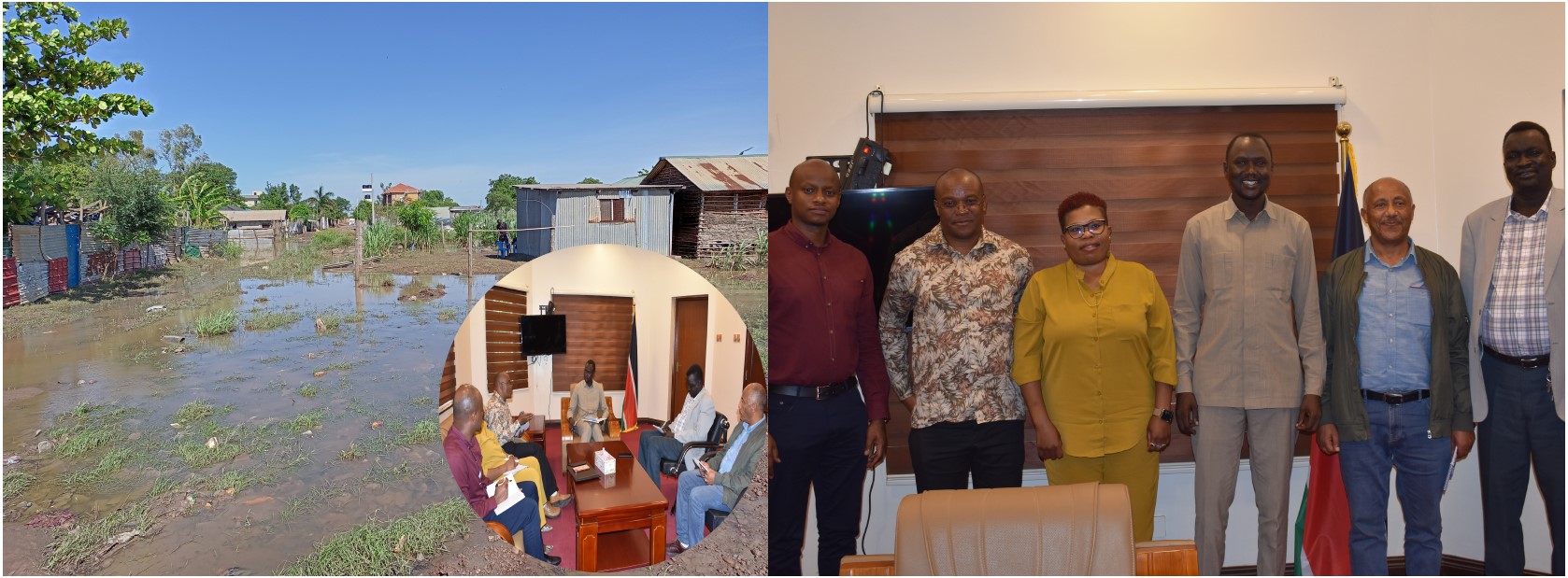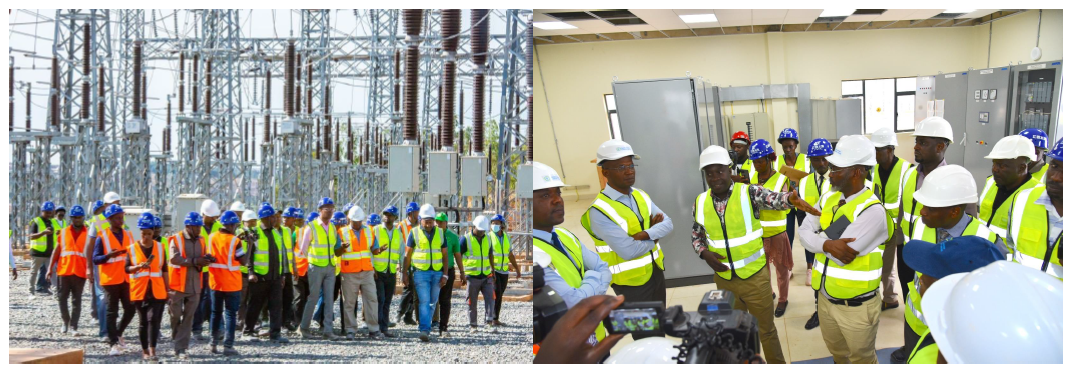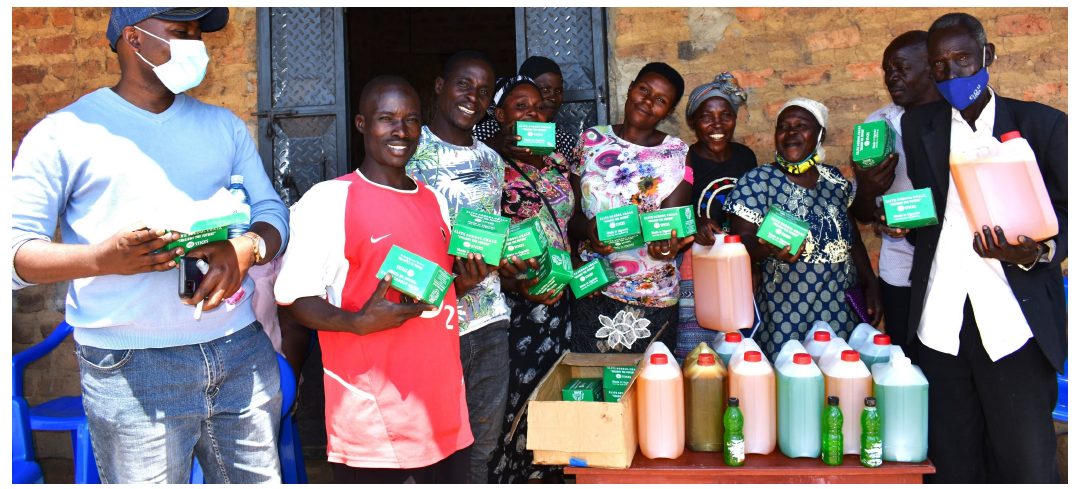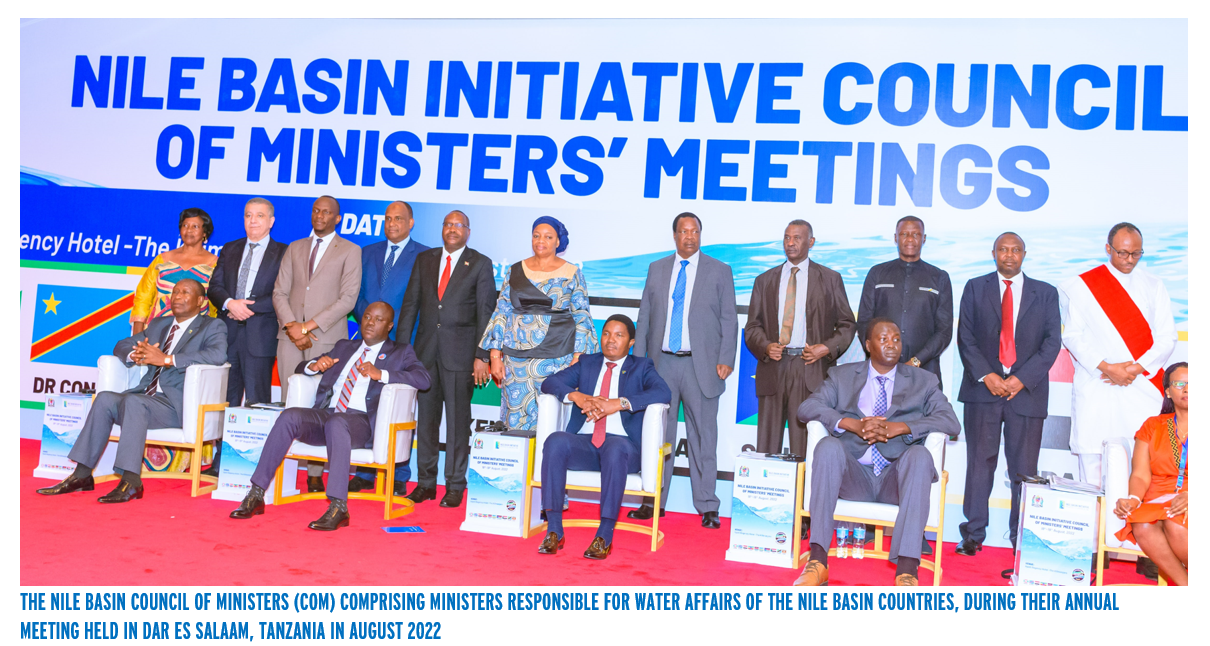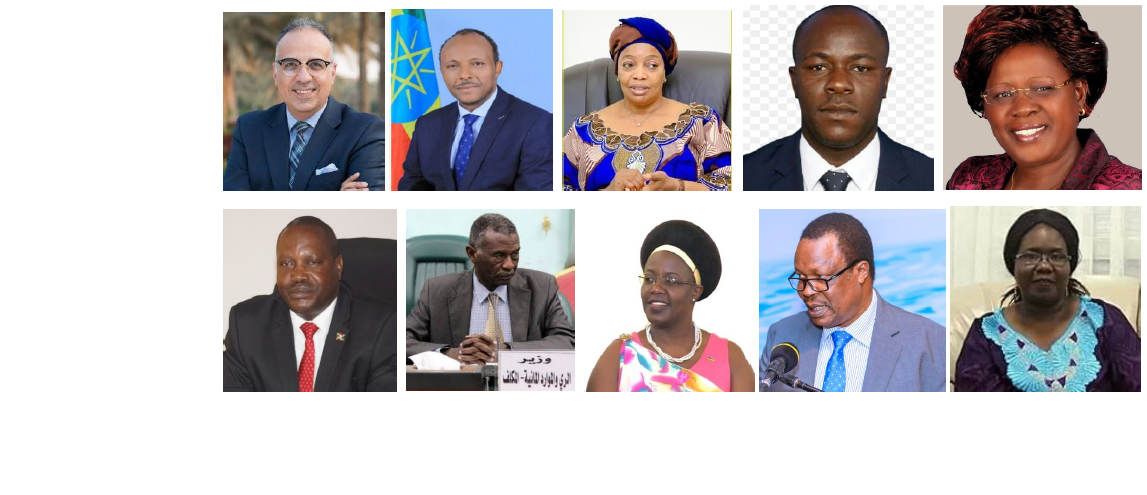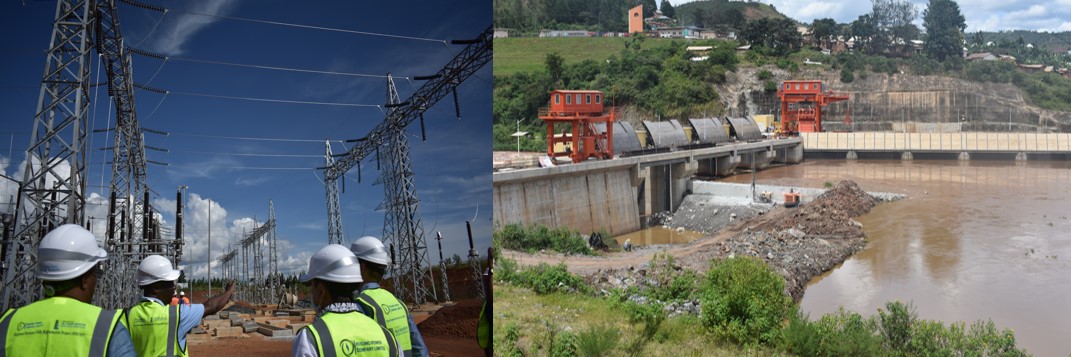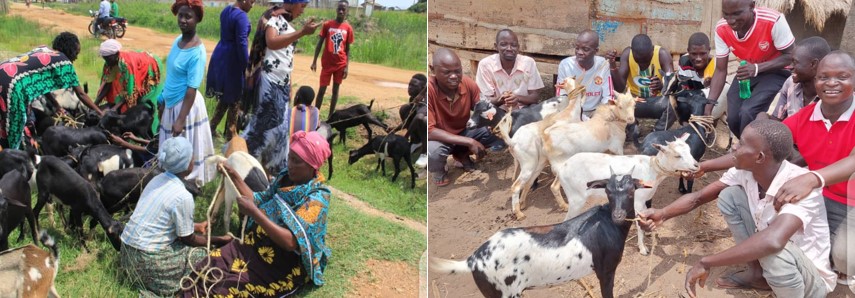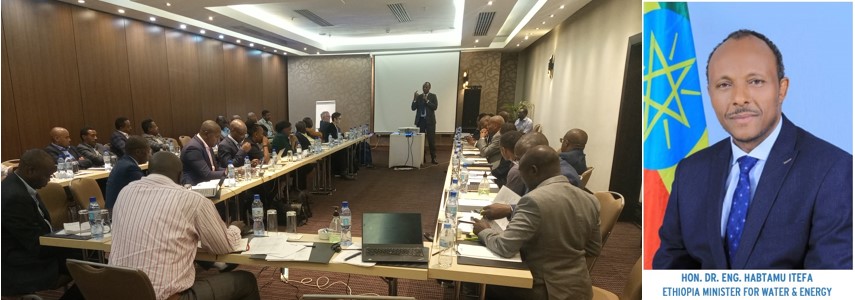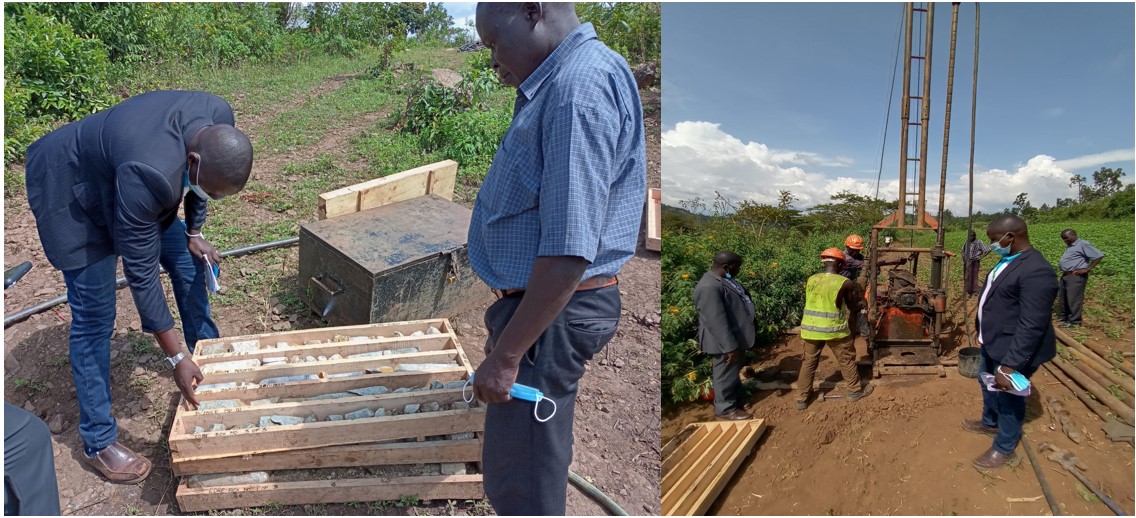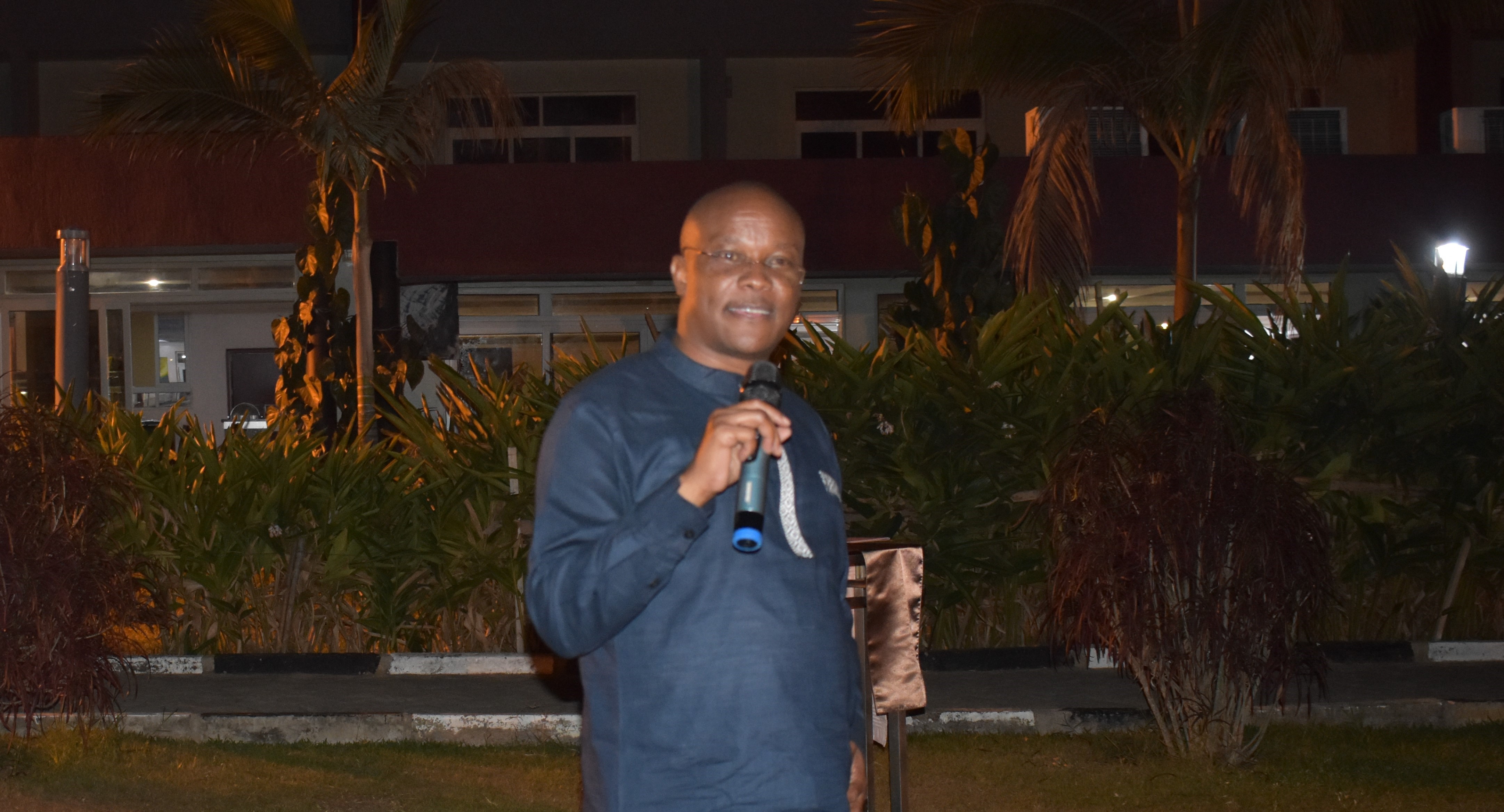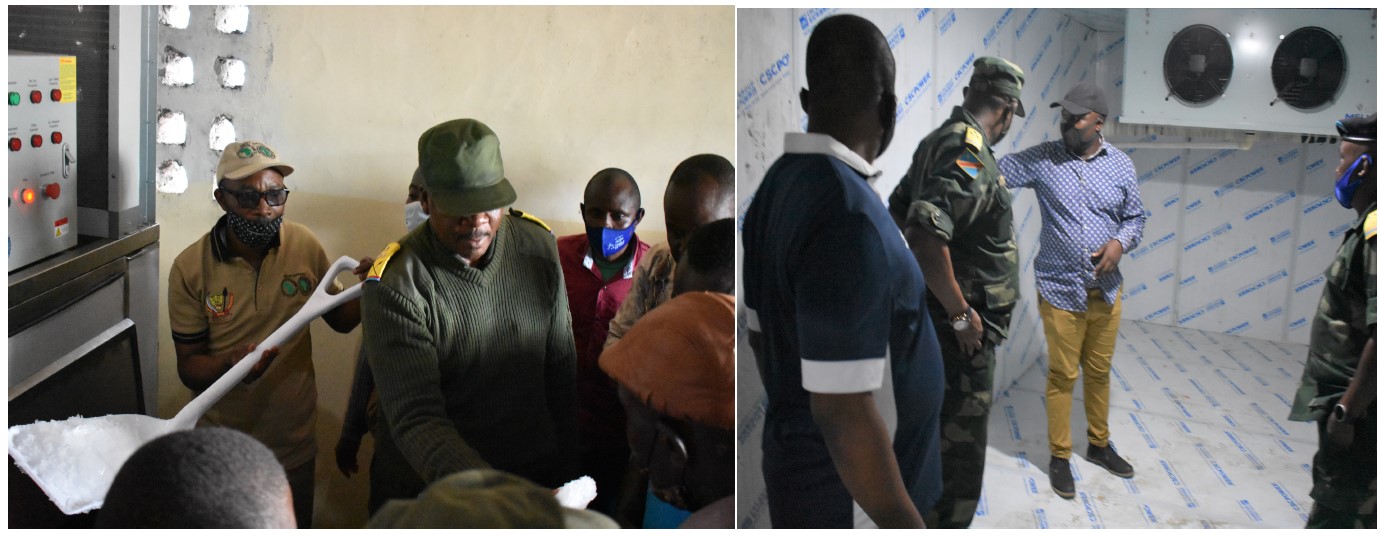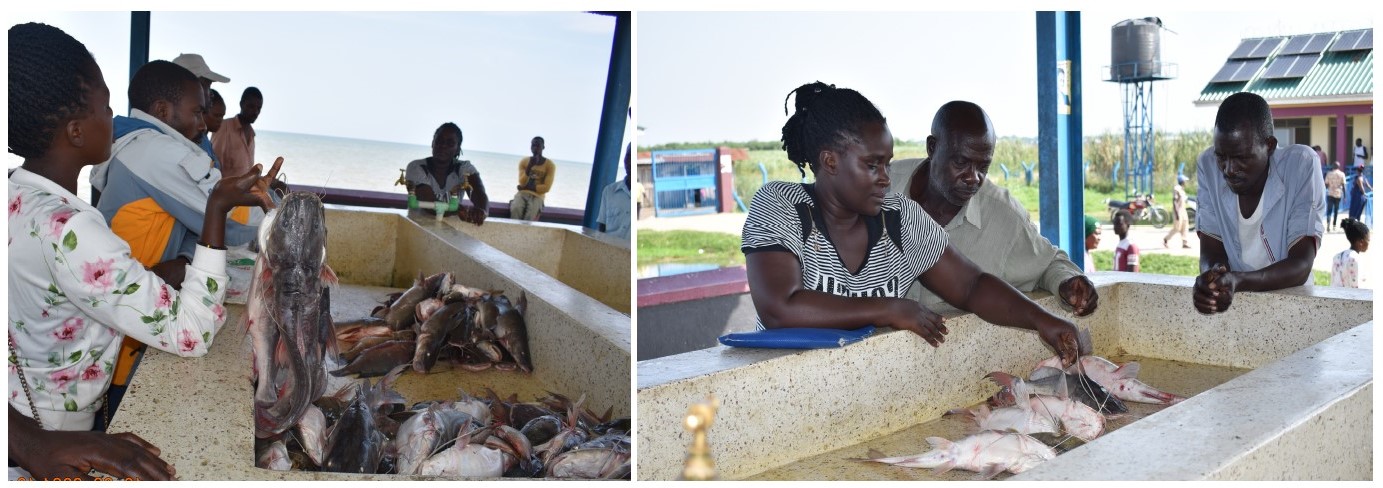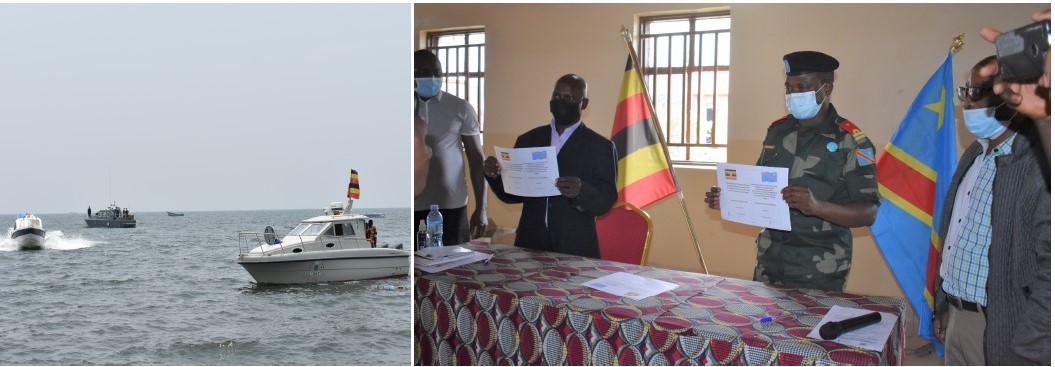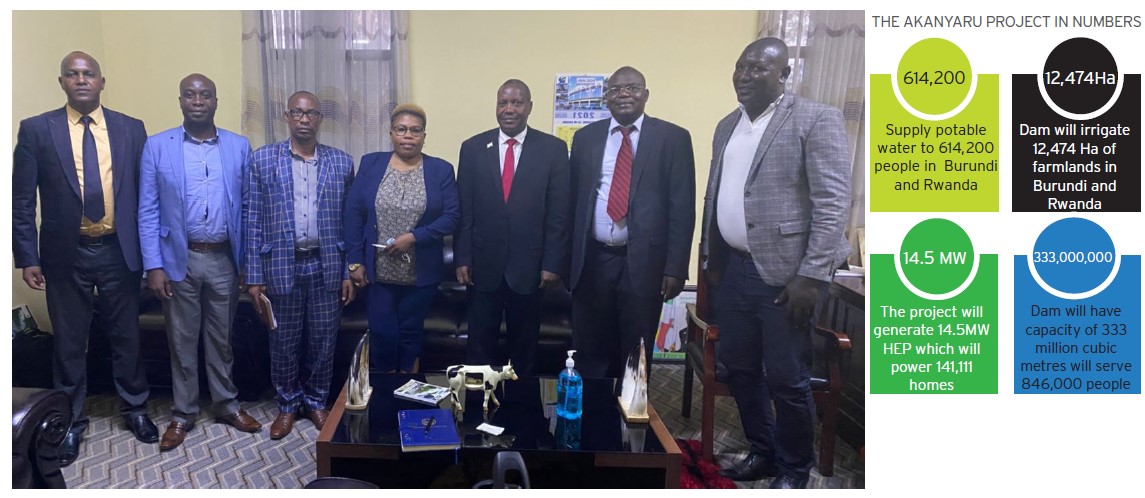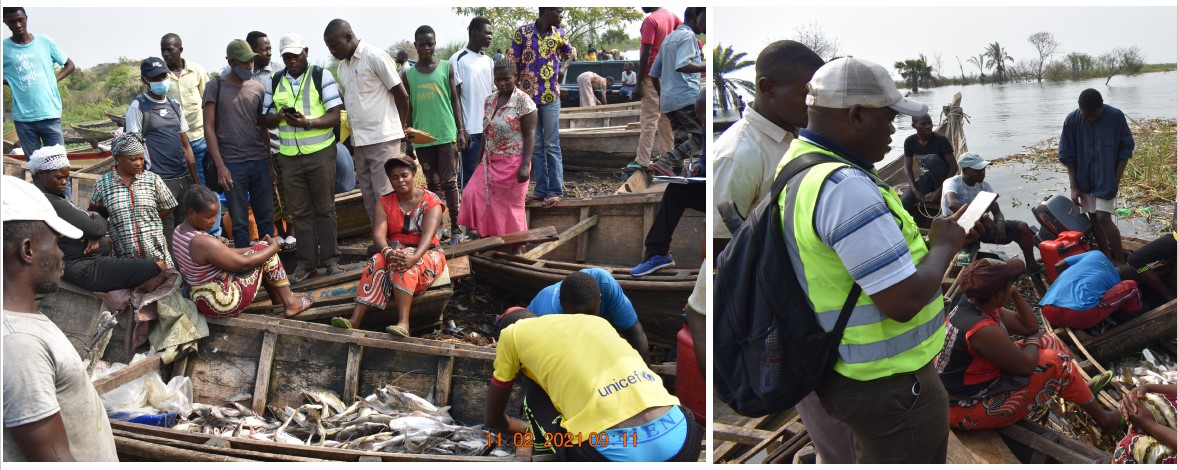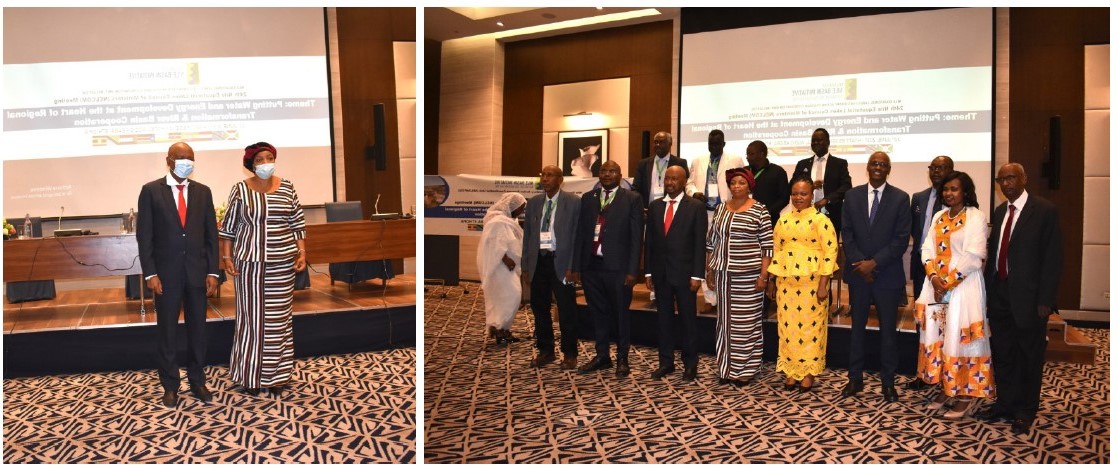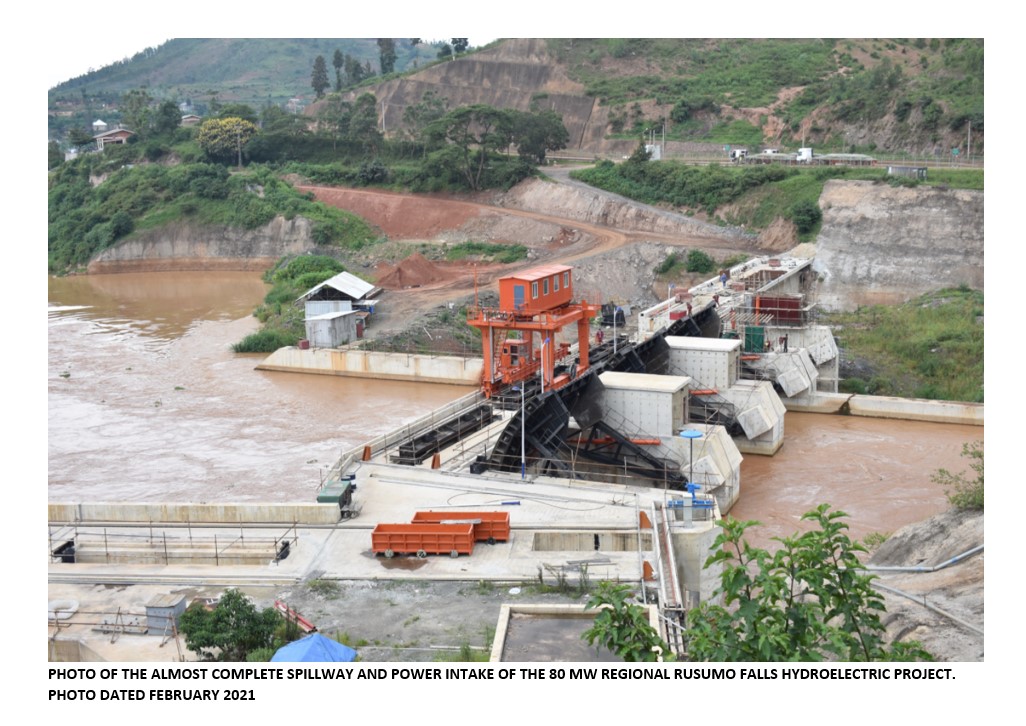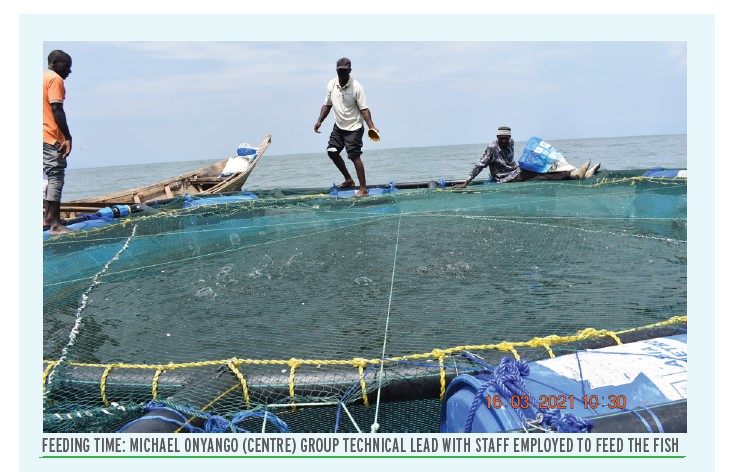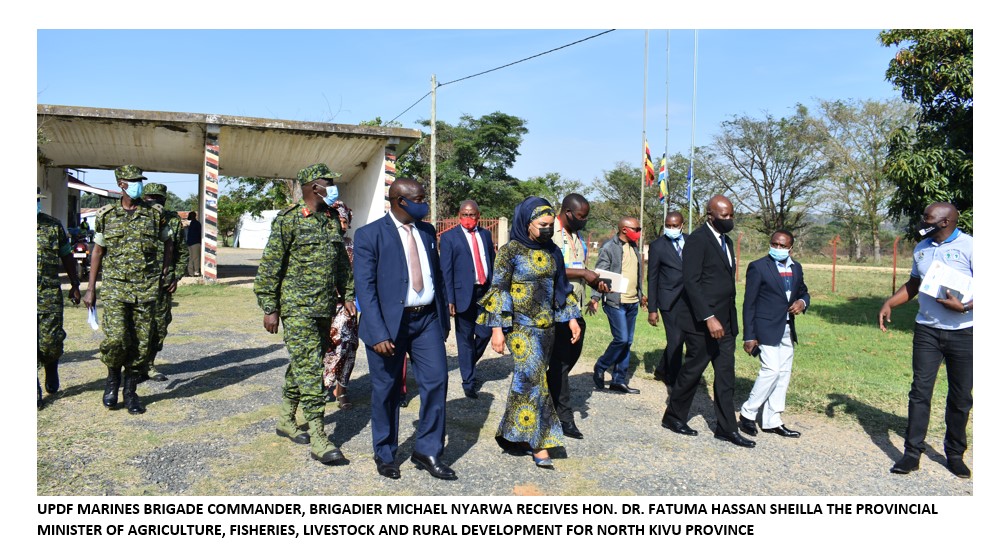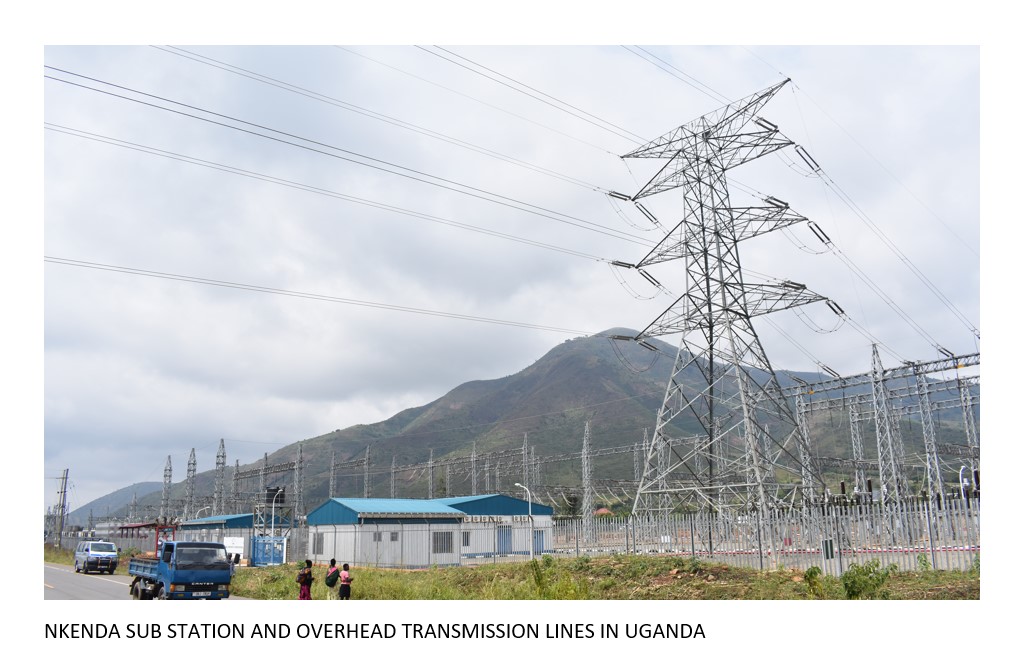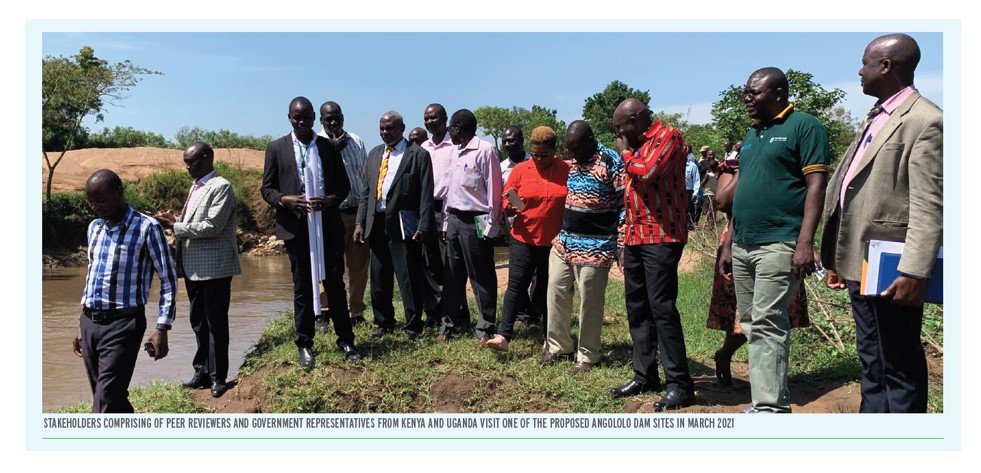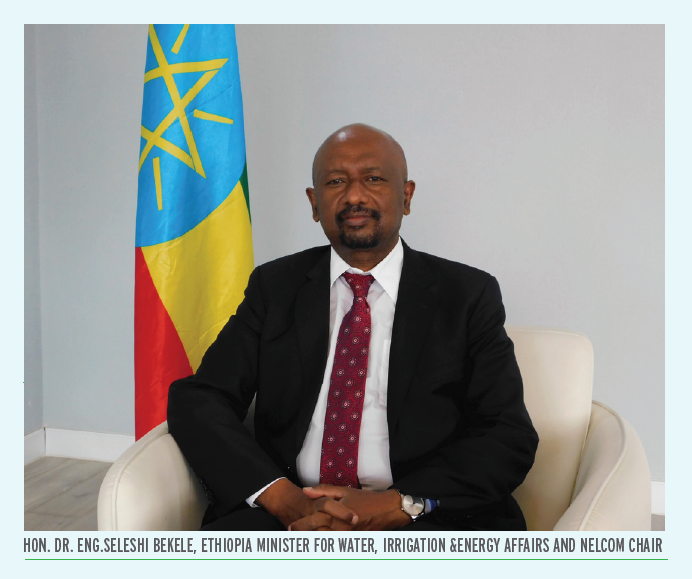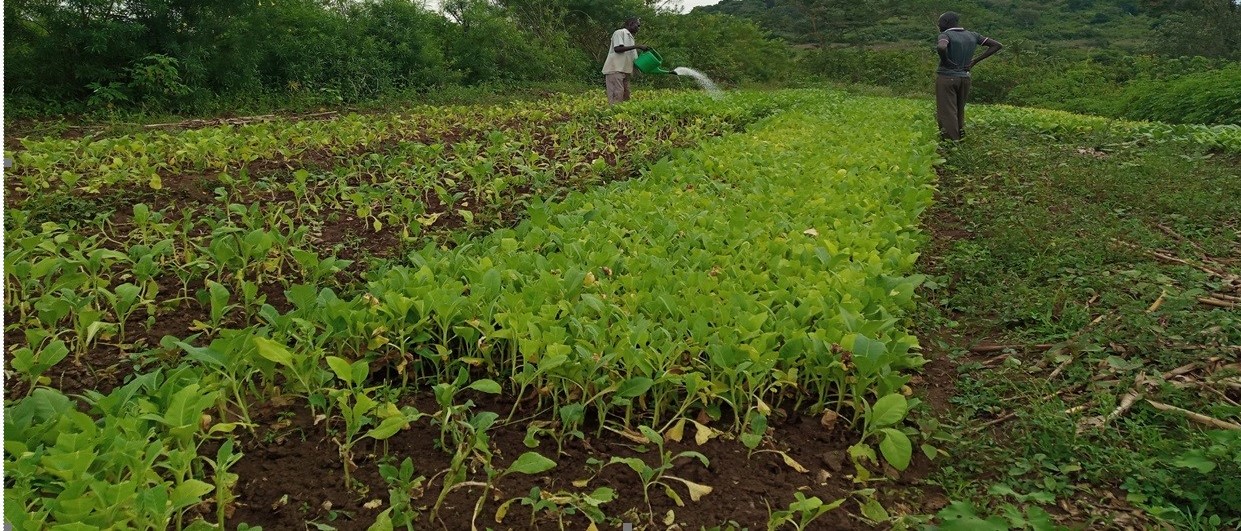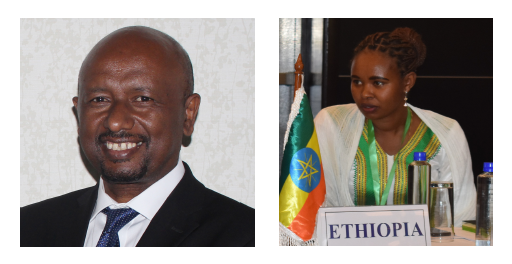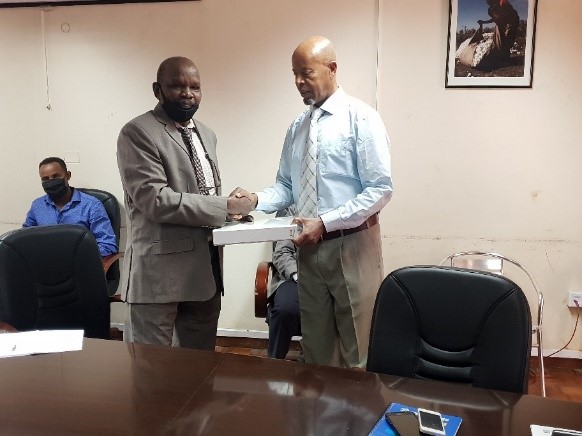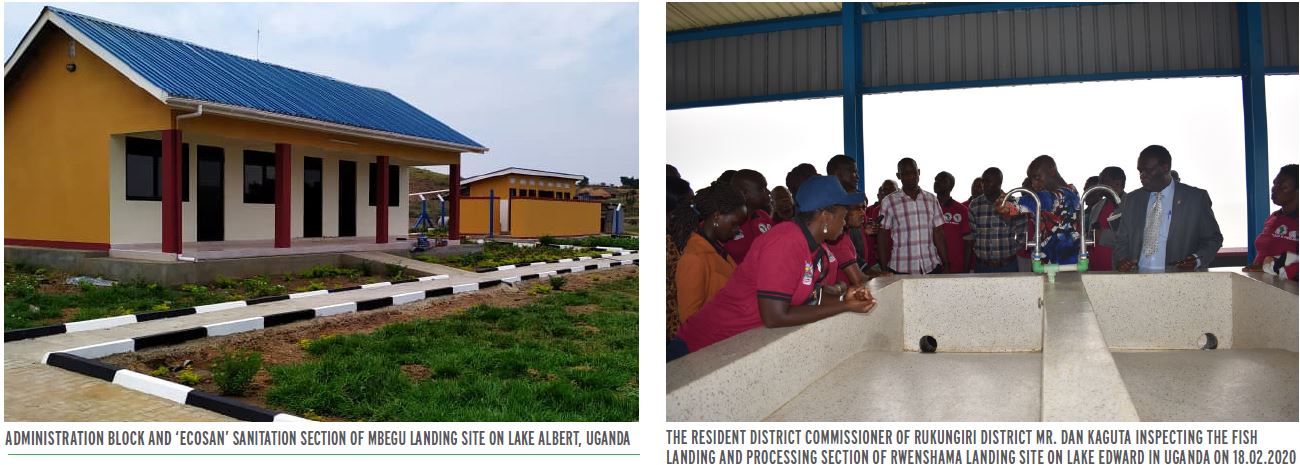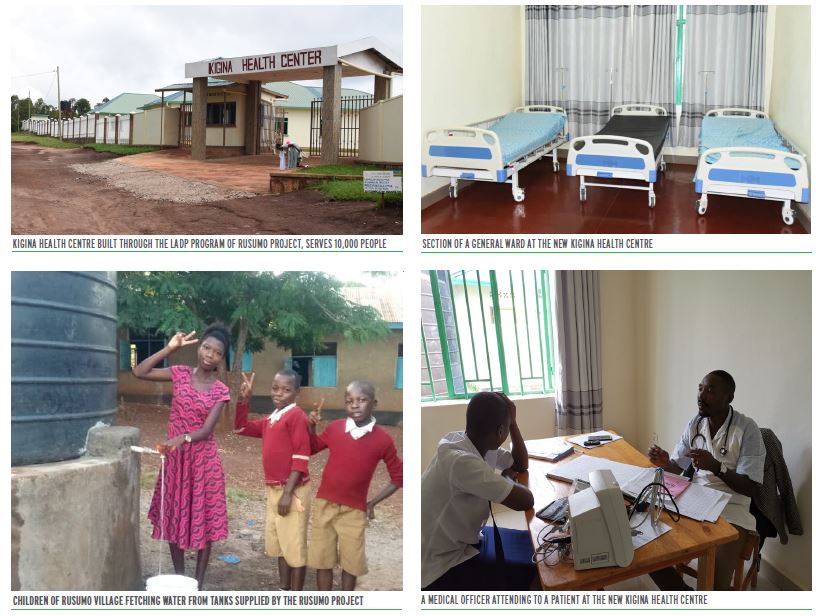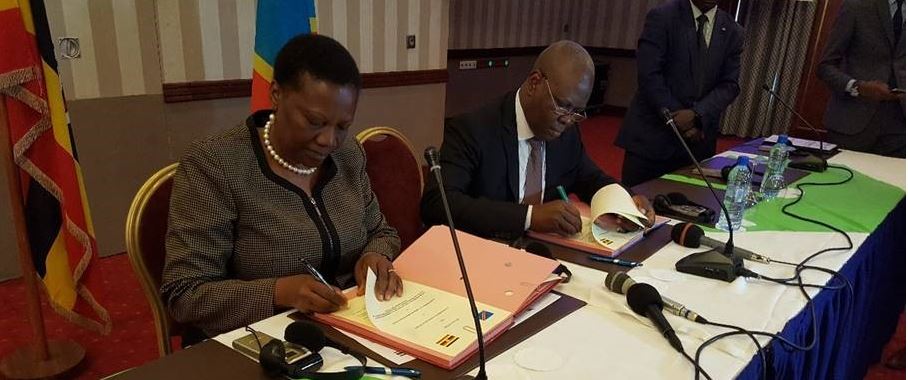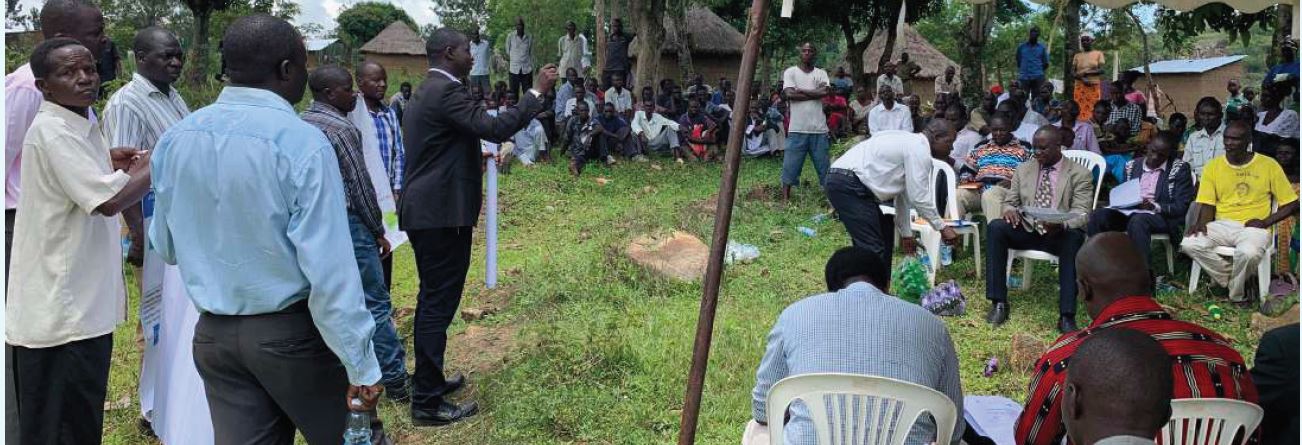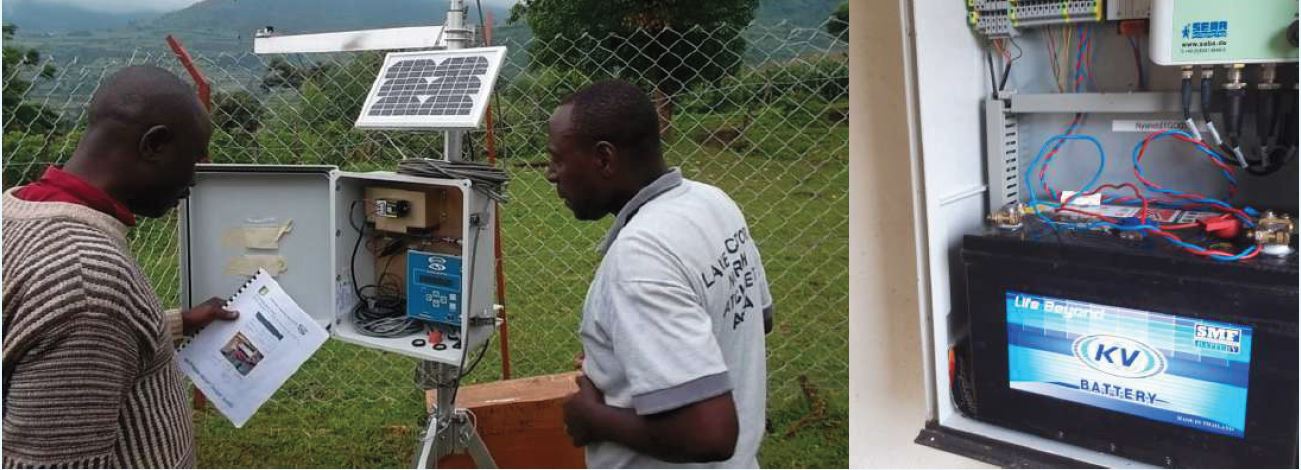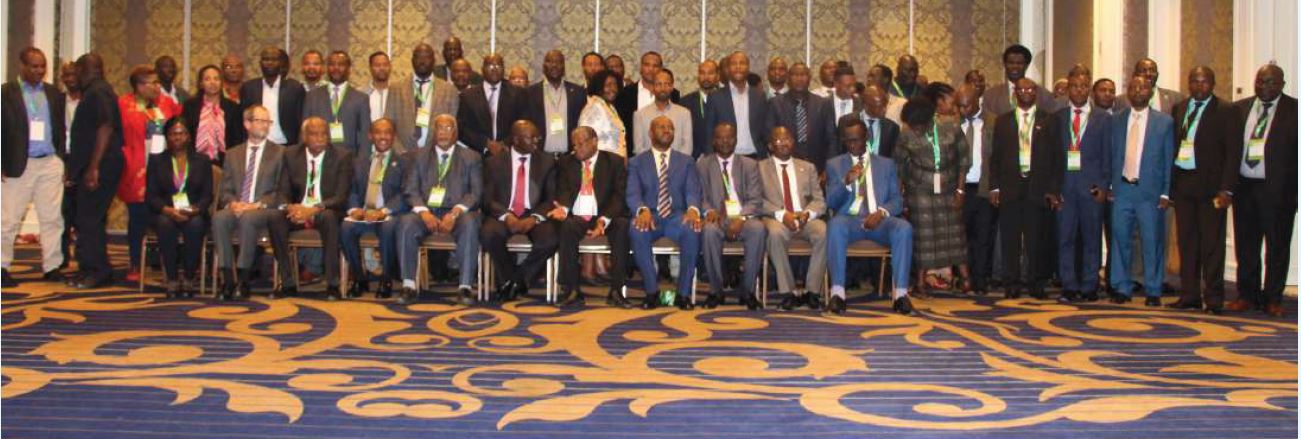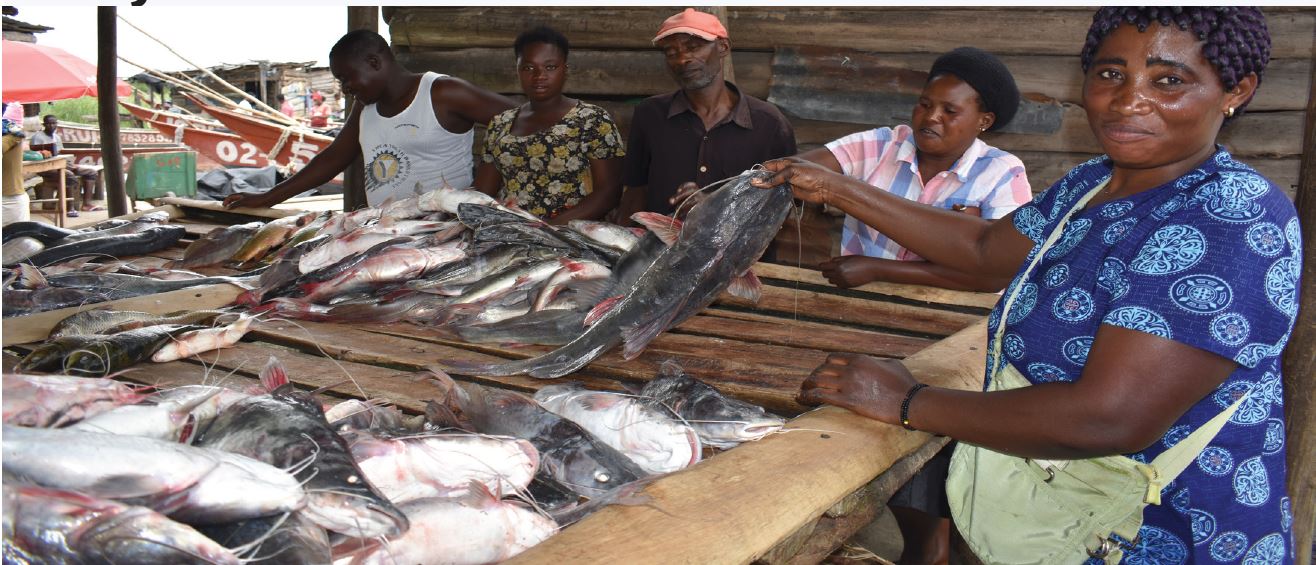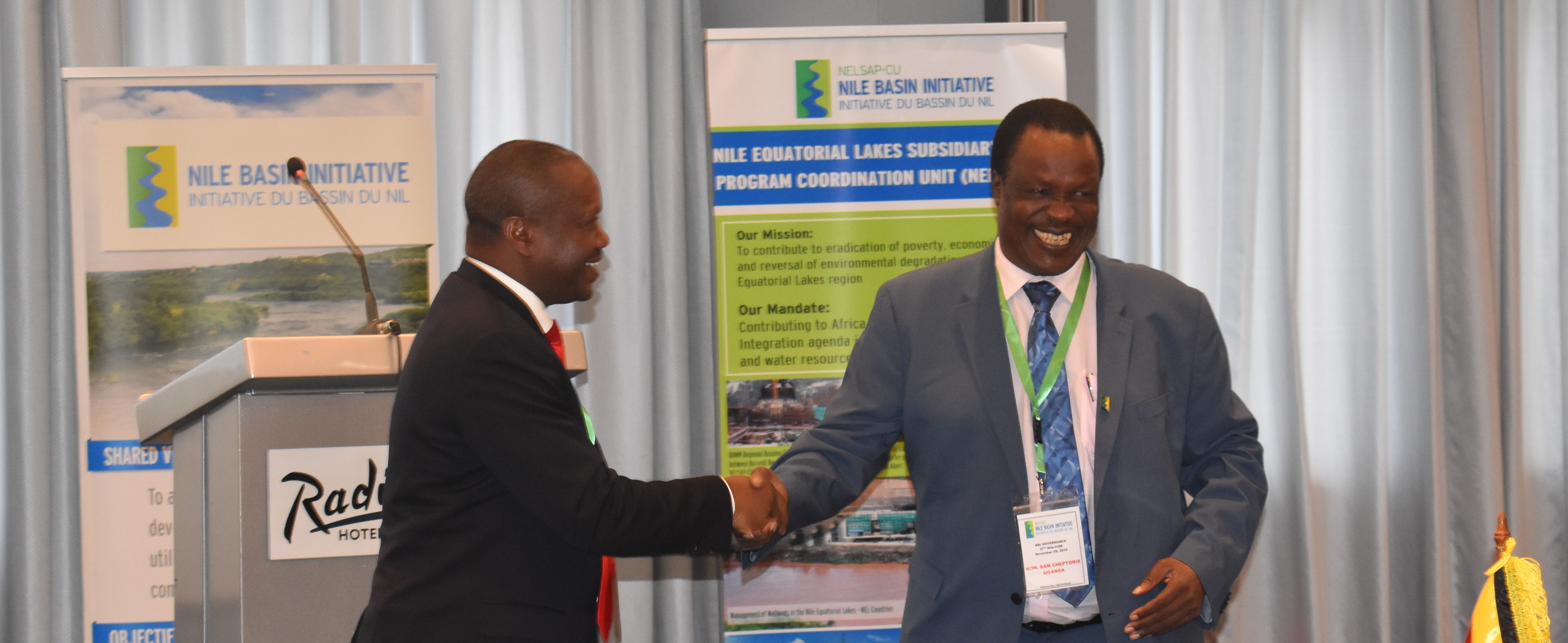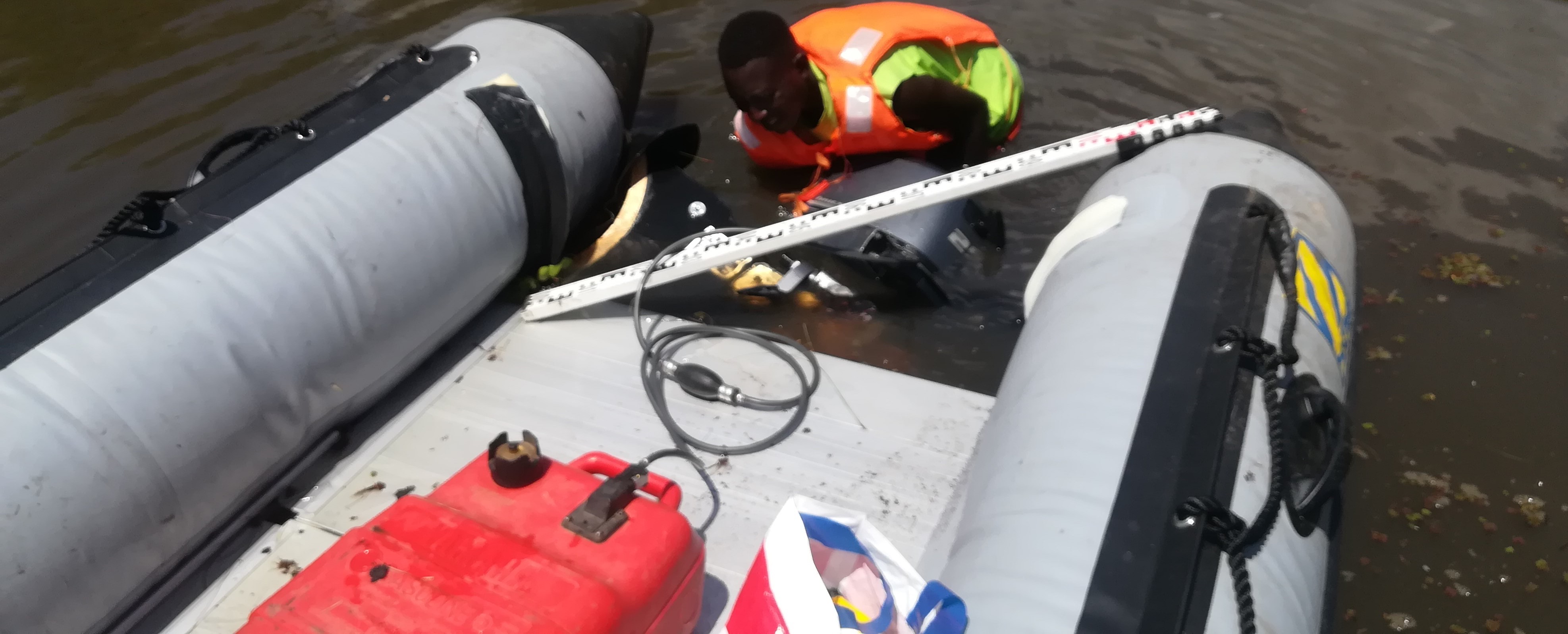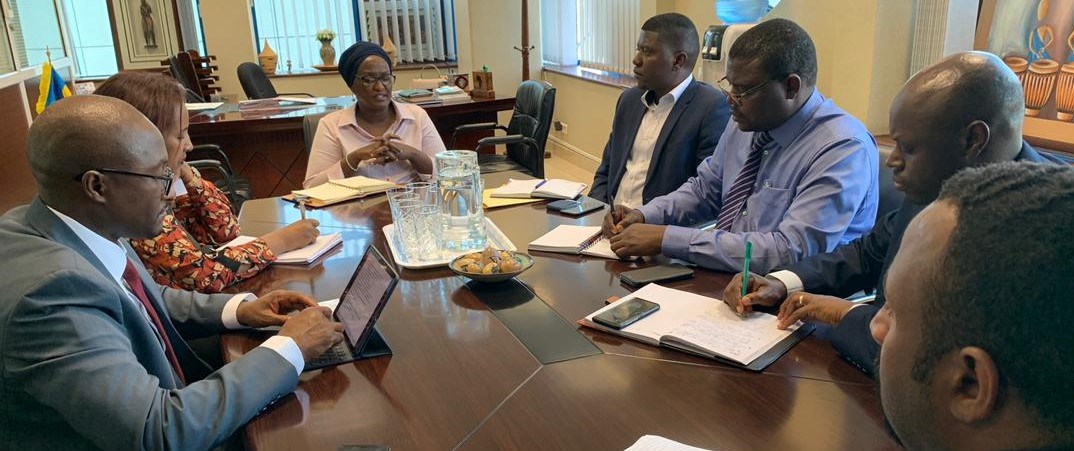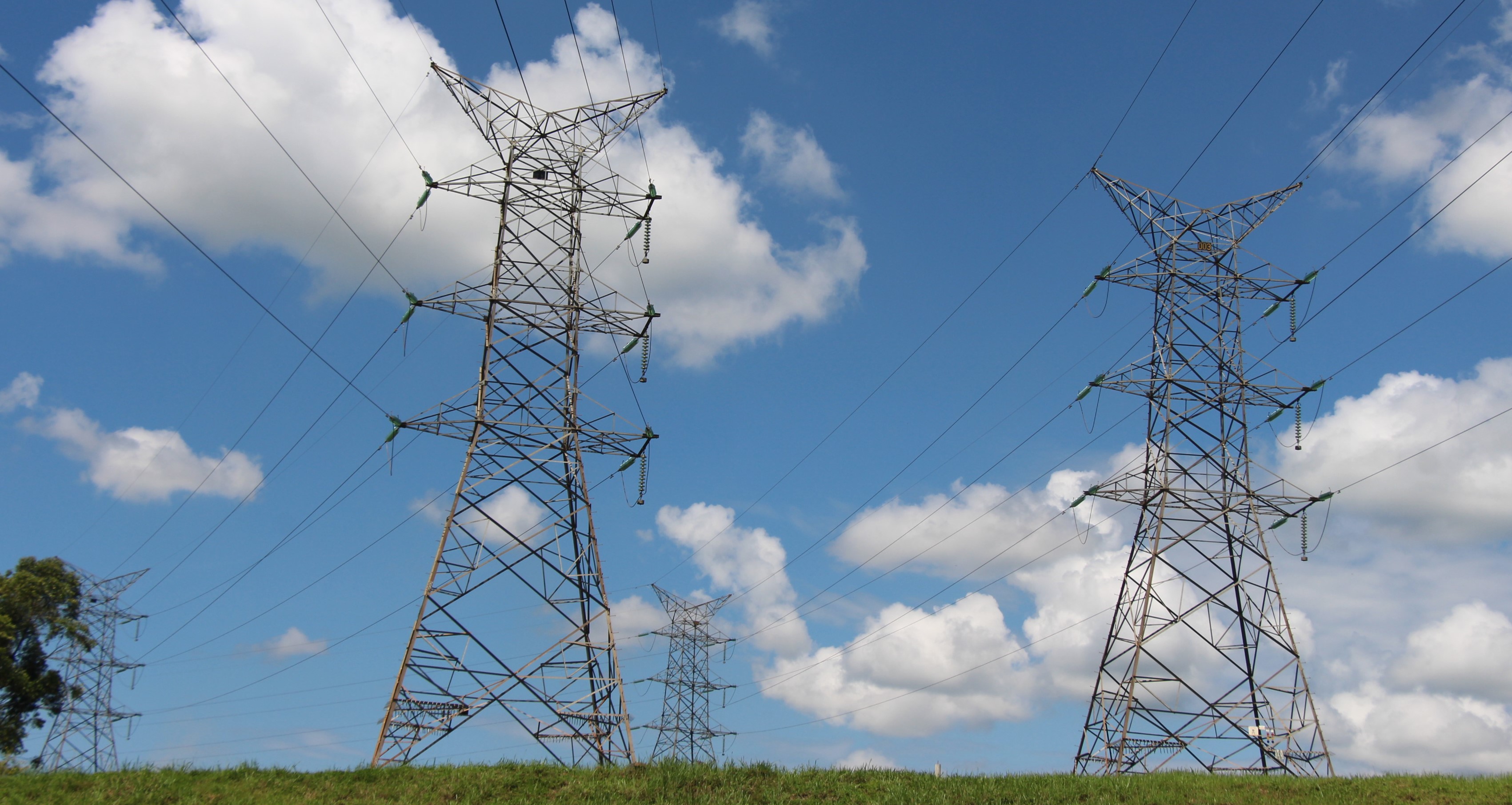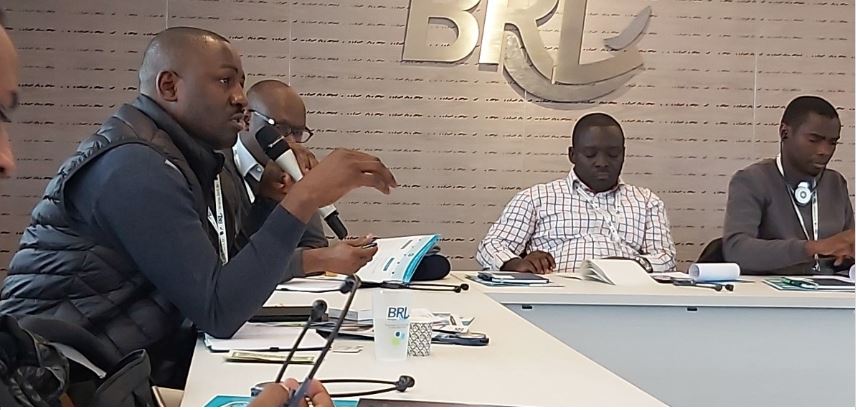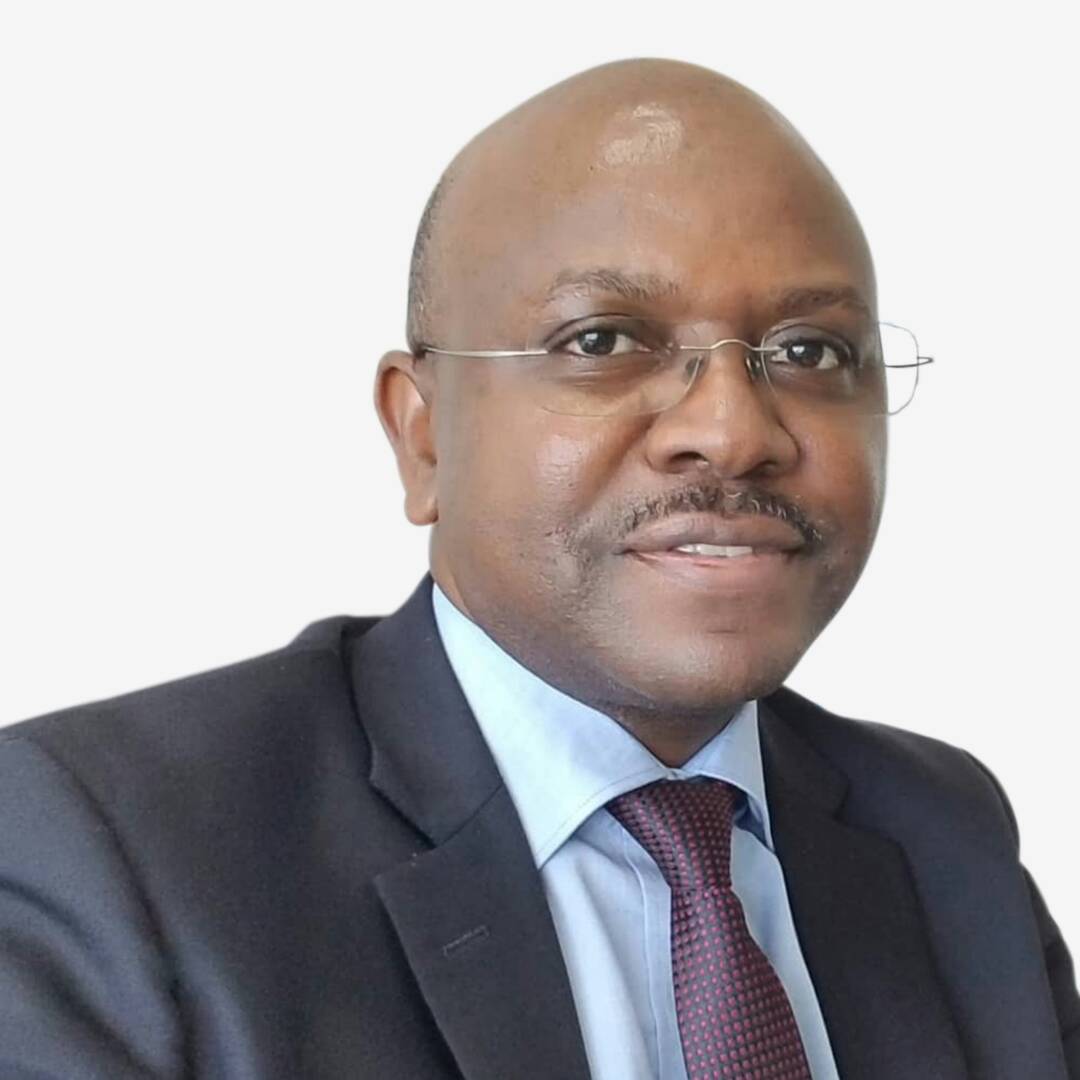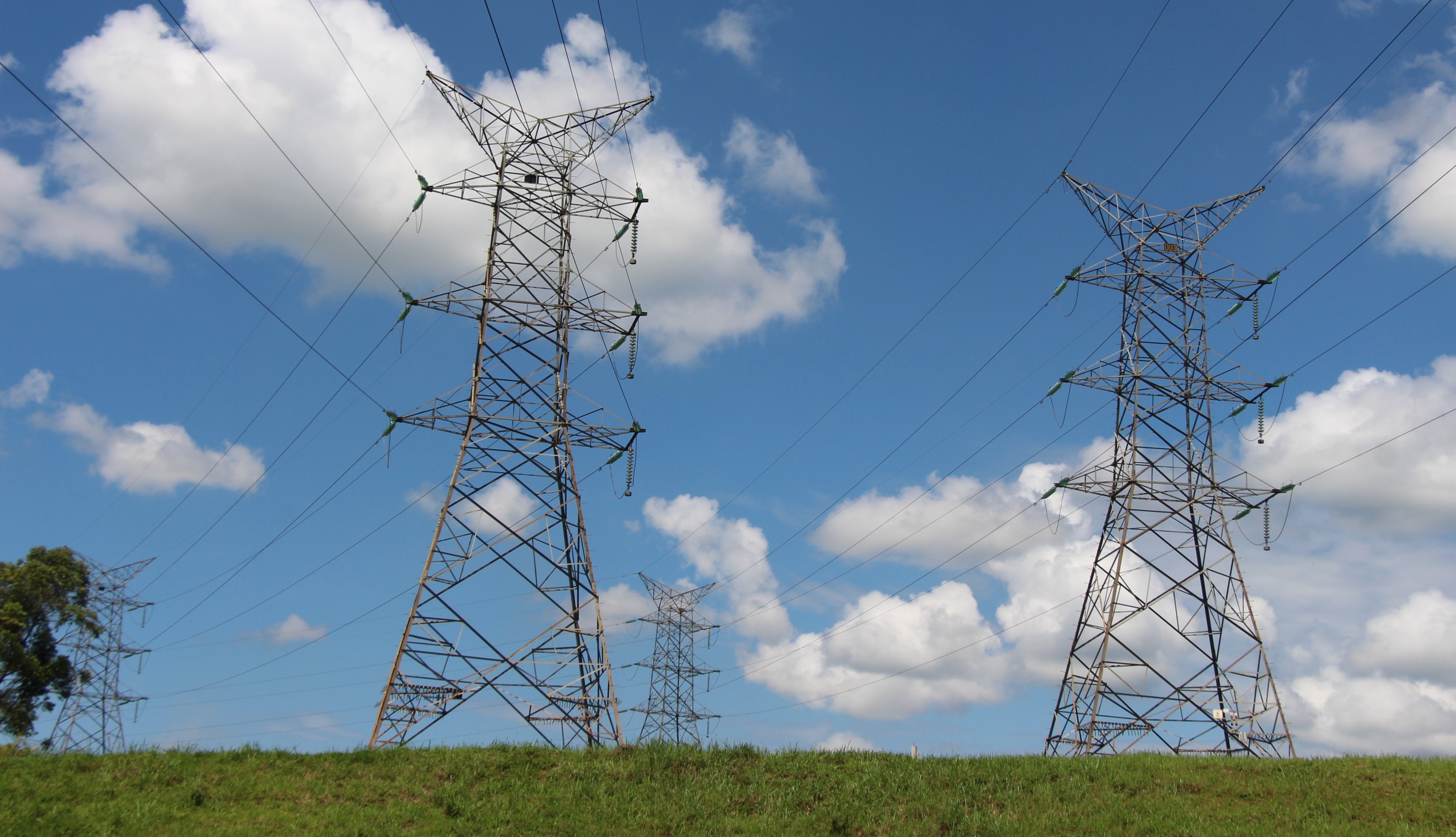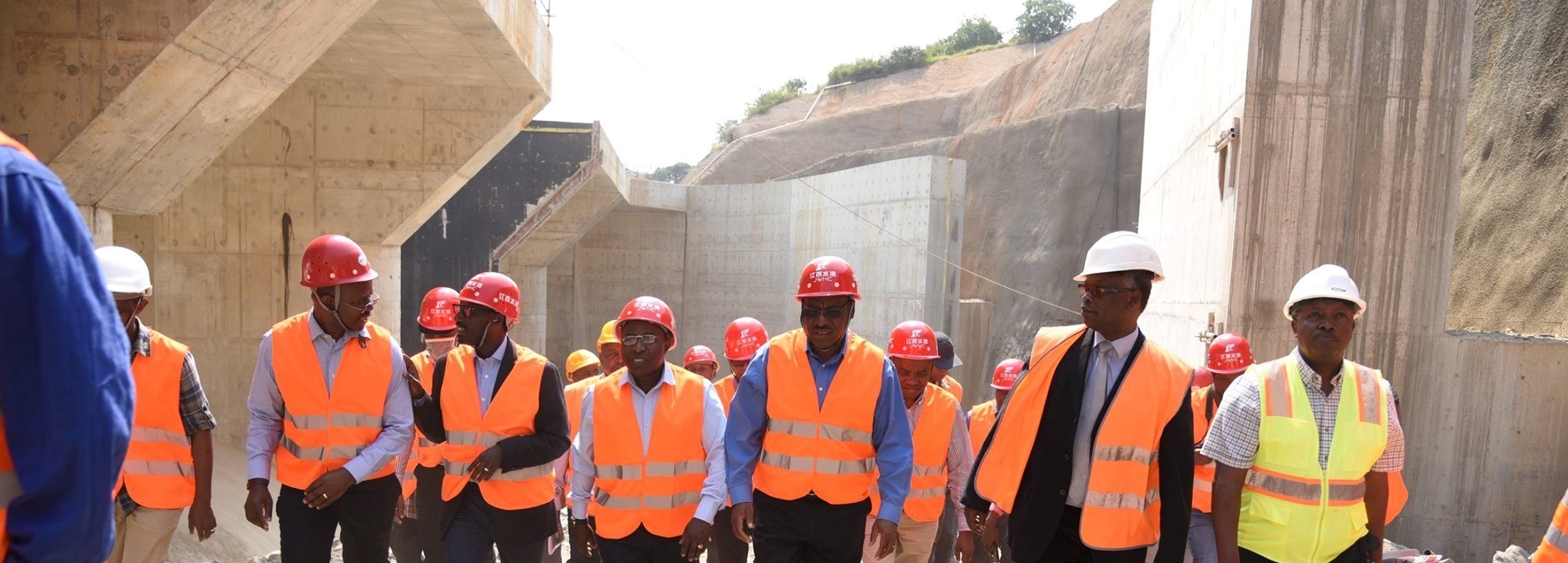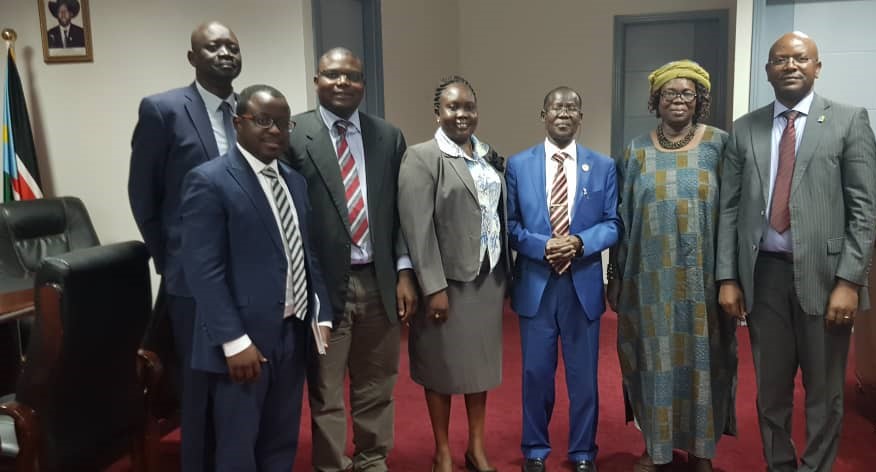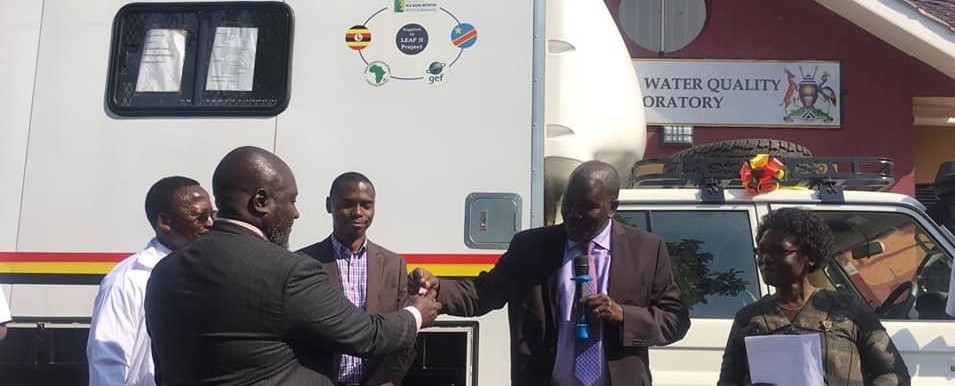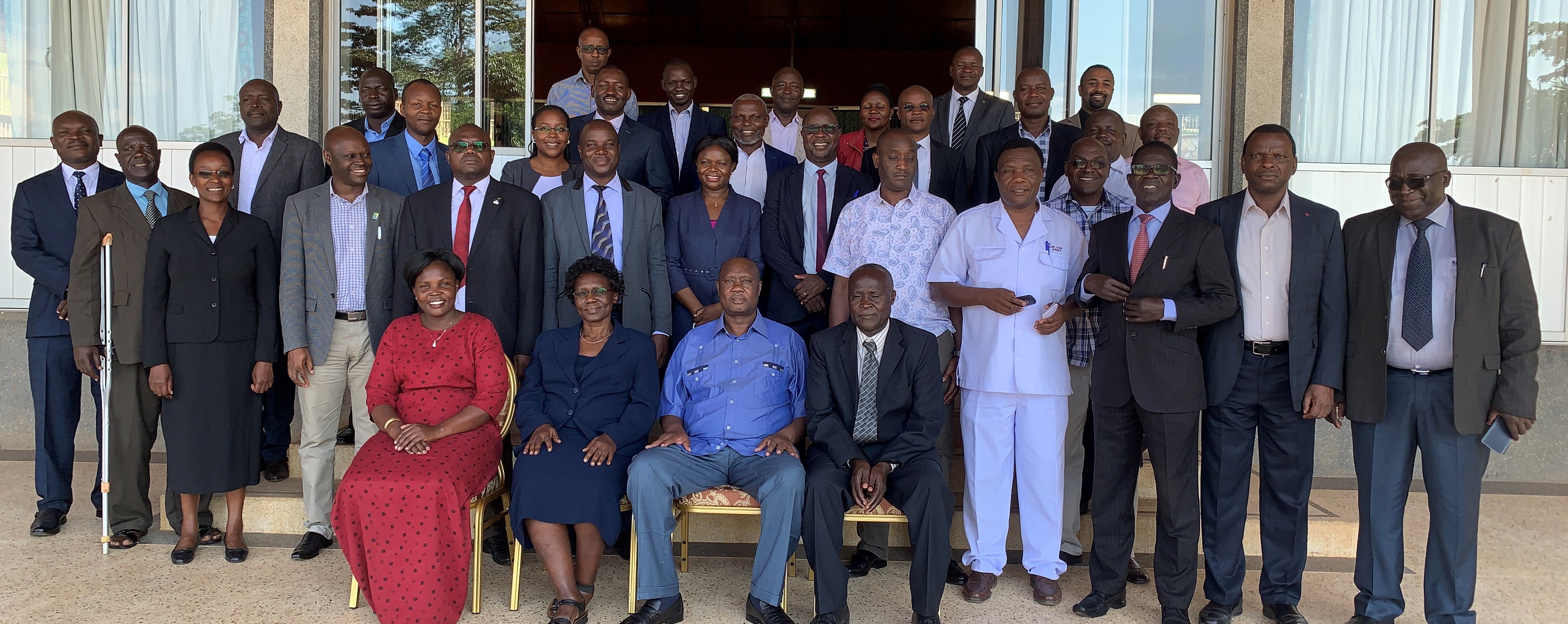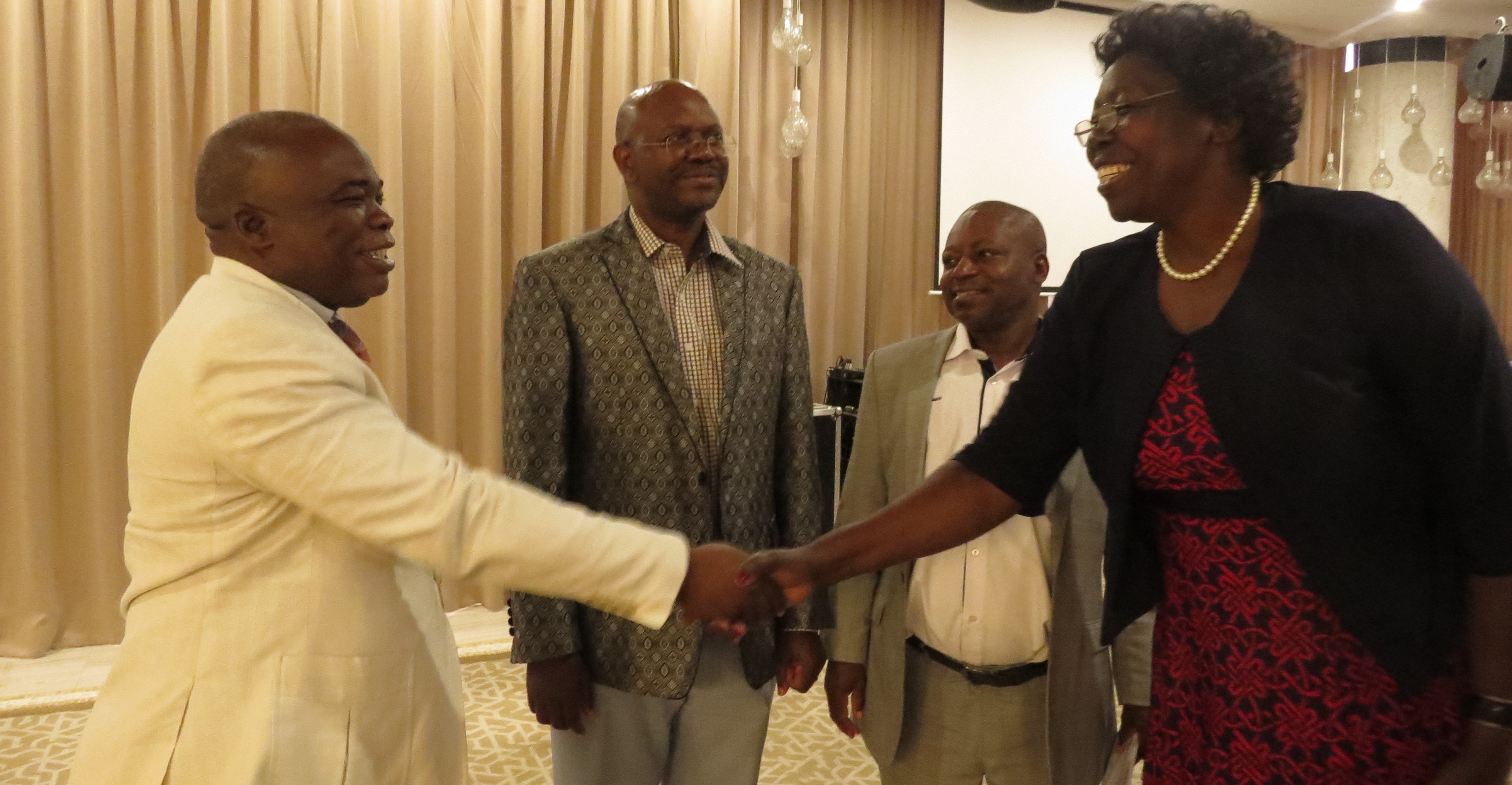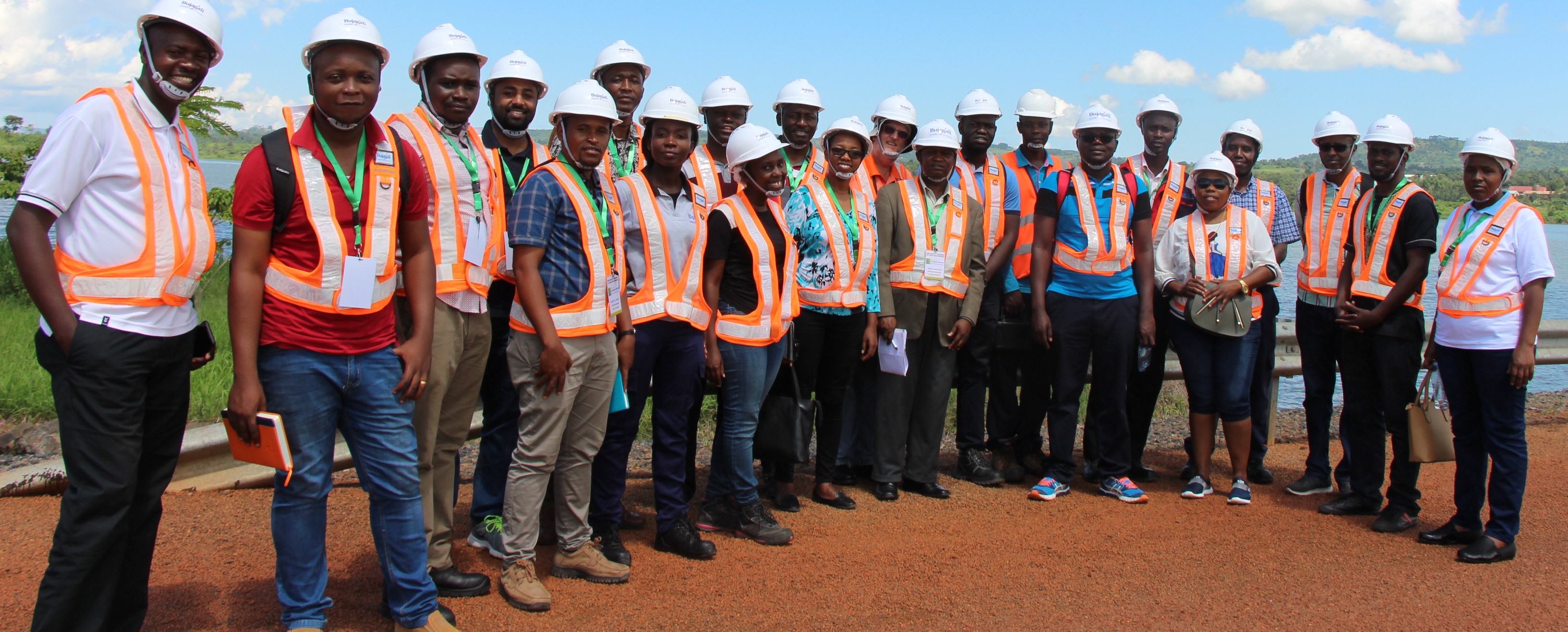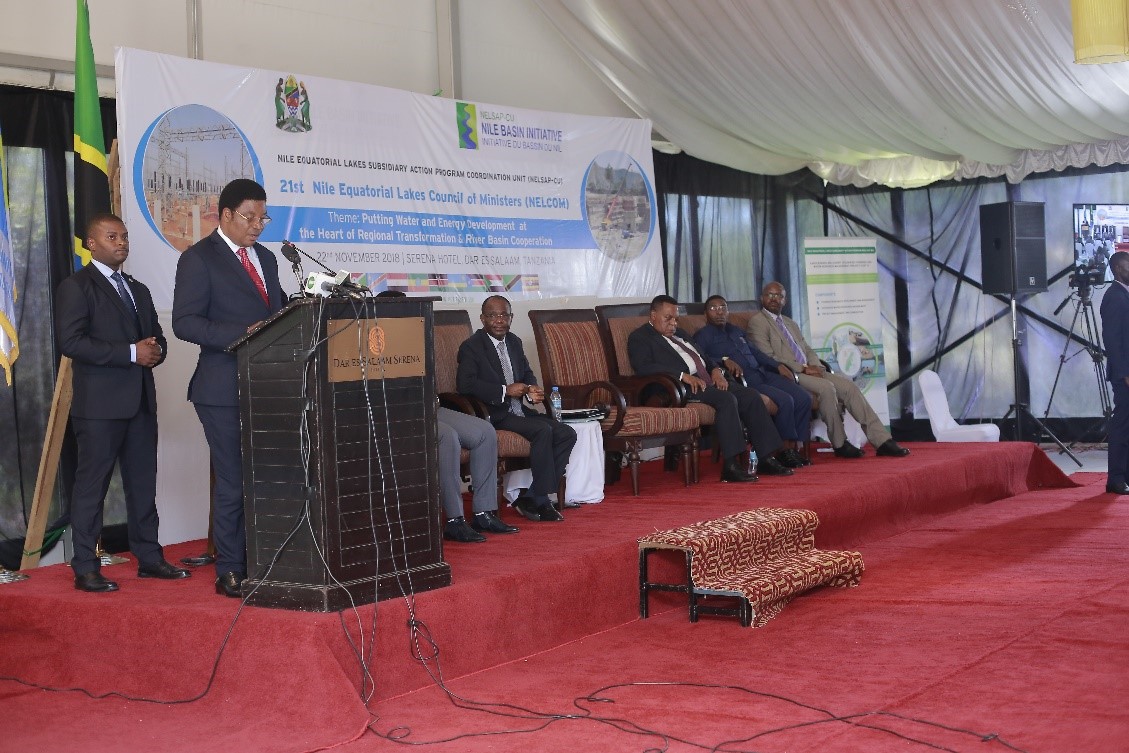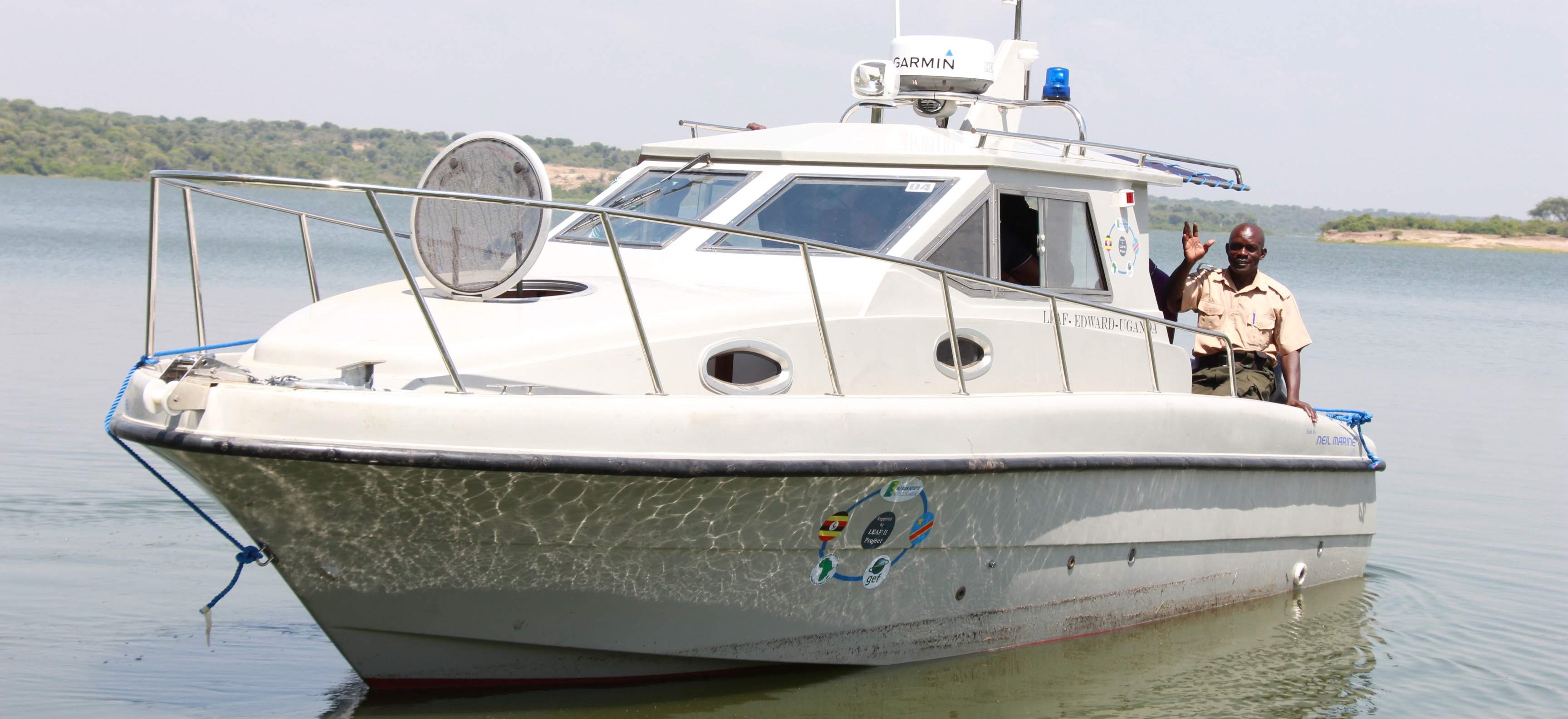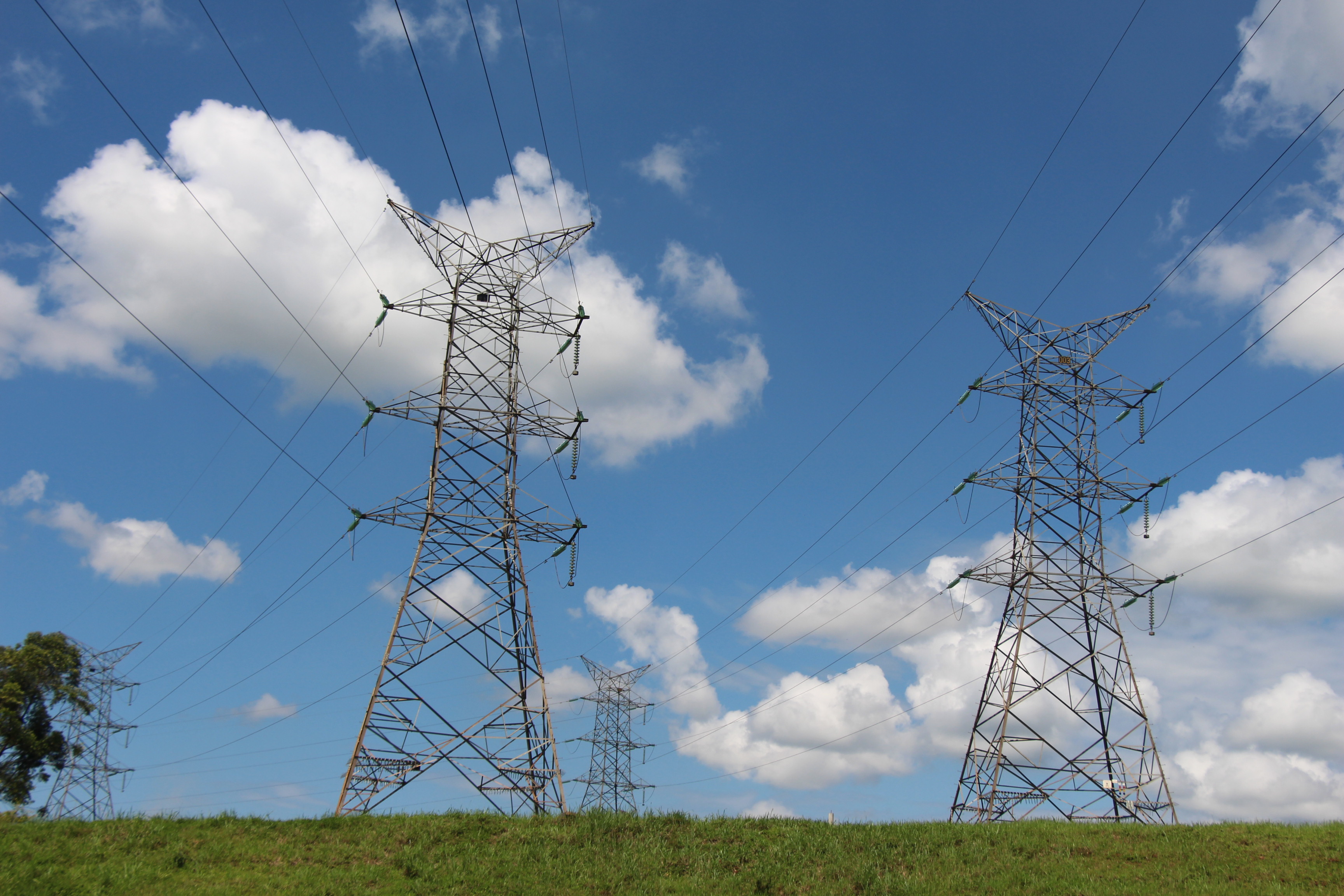
The Kenya-Uganda Transmission Line
Most Nile Basin countries are undergoing rapid economic growth as indicated in the recent growing Gross Domestic Product trends; which, in turn, has increased demand for not only water and food but energy as well. To meet the growing demand, hydropower is the preferred source of energy for various reasons, key among them, the low production cost of electricity from hydropower options. The latter makes power affordable to the urban and rural poor. NBI supports the preparation of investment projects for power interconnection and generation with the aim of making sure that all Member States benefit from the shared River Nile. The objective is to enable power trade for increased power supply and accessibility so as to light up communities and energise economies of Nile Basin countries.
The Interconnection of Electric grids of the Five Nile Equatroial Lakes countries project as well as the 80MW Regional Rusumo Falls Hydroelectric Project (RRFHP) are among such energy projects. The Interconnection of Electric grids of Burundi, DR Congo, Kenya, Rwanda and Uganda project constitutes the construction of a 930Km overhead transmission lines with 17 substations. During the reporting period, several transmission lines were completed. And the initial power trading through the lines between Uganda and Rwanda will commence once construction of the Shango sub-station is completed – by end of 2019.
In addition, the Uganda (Nkenda) - DR Congo (Beni-Bunia-Butembo) 369 km Power Transmission line with capacity of 220KV has been prepared and fundraising for its implementation is ongoing while construction at the Goma Sub station is ongoing with a completion rate of 35%. A Memorandum of Understanding was signed between Uganda and South Sudan for the 320 km Olwiyo (Uganda) – Juba (South Sudan) 400 kV line.
RESPONDING TO THE NBI GOAL 2. ENERGY SECURITY
NELSAP-CU ACTIONS : Identify and prepare bankable investment projects in power infrastructure; in special cases such as the 80 MW Regional Rusumo Falls Hydro-electric Project, extend implementation support to the countries; identify and prepare bankable projects in power transmission, interconnection and trade with the aim of increasing availability, accessibility and stability of power, minimizing losses and reducing costs.

